No-one comes to Italy to make money, you come here because you like the lifestyle. Without sounding like ‘I drank the juice cliche’ life in Italy is extremely appealing on so many levels, I am not benign to the benefits of living in a European country that typically has decent weather and where the average citizen actually knows which fruit and vegetables are in season (truth). It’s an amazing choice and one that comes with so many more benefits than not, at least to this girl.
We probably don’t help the situation by posting pretty pictures on instagram (that’s what it’s for right?).
As a blogger who has lived here almost 10 years and has been blogging pretty regularly since 2012, I tend to get a lot of emails from readers regarding all spectrums of life. Mostly about ‘What to pack and how to dress’ but more often lately ‘what is the work situation like?’ and how can I get a job?
This leads me to believe that many are thinking to make a life move here and who could blame them. I get it, after all, it has never felt more like ‘the time’ to do something drastic, perhaps an all around the world trip or change careers (this could also be the fact that I am now 31 and just to see more of this happening in an earlier version of a mid-life crisis.
This is further proved by what I tend to see online, you know what I’m talking about, those Pinterest quotes on ‘living in the moment’, self-love revelations galore, the marathon’s completed. Or joining a ‘Whole thirty’ food program which eliminated everything I love in life: cheese, beans and wine, god no!
I also recently read The Circle by Dave Eggers which quite honestly scared the shit of me when it comes to high-level white-collar jobs in the tech industry in the states (this is a fiction book btw), or this article about Amazon’s workplace culture.
I have mixed feelings about it all because living in Italy, I have always had a more positive feeling about life in Italy, but not really when it comes to the work culture.
Like many, I have reasoned that if you want a decent career, you need to be able to be flexible and willing to move/adjust/adapt. I know plenty of Italians that left the country precisely because of a lack of career aspirations and frankly the term ‘brain drain’ exists for a reason. Most of the people I know didn’t want to leave, they left because they couldn’t get a decent paying salary. It was one temporary contract after another with no end in sight or just simply not enough chances to grow their career.
Hence this month’s COSI subject, aka my blogger round-table little family, has decided to touch on the very sensitive subject of ‘low pay’ in Italy. This is something we all complain about, how hard it is to survive on the salaries paid here. I decided to make my submission a question and answer format, a sort of ‘low pay and work’ FAQ (frequently asked questions) that I get quite often.
Question #1: Can You Help Me Get A Job?
Well no, but luckily I have answered (the best I can) this question in a previous post that I still stand by today :). The thing is that many people under 35 can’t find a job, and this is a very scary, palpable reality for Italy. If you are a self-starter who can work in the digital arena remotely, this might be your best bet. Though I would recommend a great accountant who knows how to figure out the taxes both in Italy and the one in your home country in order to make sure you’re completely above board.
Question #2: Is the ‘1,000’ euro generation an accurate statement?
When I got this email, I actually thought, well 1,000 euros a month (after taxes) isn’t that bad for an entry-level worker, is it? This is how you know I’ve lived here for a long time. Then again cost of life is lower.
Think about this 2014 quote from TheDailyBeast “Nine years ago, making 1,000 euro a month was a nightmare for overqualified 30-somethings. Now, with youth unemployment at 46 percent, it’s a dream for many, and the future looks dim.”
This was the reality of Italians, graduating from university in 2005, so much so that they wrote a book and made a movie about it. An entry-level college graduate in Italy makes about half (if not less than half) of the same-level graduate in Switzerland.
Now it has been almost 10 years and it doesn’t feel like much has changed. Heck back then, there was ample talk about the end of the ‘contratto indeterminato‘ (job for life) mentality and a loosening of labor laws, as the article mentions, but I don’t really see it, except for the increase of crappy short-term contracts.
Actually if anything, a 1000 a month now is considered decent pay and youth unemployment is scary and very real. If you make over 1,500 a month (after taxes) that is considered hell-to-the-yeah lucky. Inflation of course has gotten higher, services too, but salaries are never increased, naturally.
Another problem that comes with getting a job, for example in the public sector which is considered very desirable by many, is that people never leave them. You don’t see a movement of ideas, shifting of jobs, instead a sort of complacent stagnation that is felt when you go to the post office or similar bureaucratic spot anywhere in Italy. My recent experience getting all of the paperwork for our upcoming wedding was proof enough that changes need to be made.
Question #3 Can An Internship Get Me A Job?
Always a fair question since so many people are seeking a way to just get their foot in the door. Why not at least get in the company and gain some experience even if it is unpaid or underpaid?
Internships can be absolutely an amazing, rewarding experience. I did a few myself in Los Angeles while in college and was grateful for every moment.
Here, it is entirely possible to get an internship, but a job out of it is much slimmer of a possibility. Because of the number of people looking for work, it is really competitive, and many companies cycle out interns without any intentions of hiring them or asks them to open a partita Iva to work as freelancers. Hopefully that changes.
There is a new initiative by the government that gives the interns a small stipend, around 500 a month together with the company.
However, another reason that interns don’t get hired too often is that companies can’t afford to.
Each salary a company pays they basically have to double it because of taxes, so it’s a hard conversation.
What bothers me though, from what I have personally witnessed here is many interns not really learning much but actually doing actual high-level work, like graphic design, where they should have been paid a normal salary and it seemed like it was easier to just use/train interns for these tasks than hiring an actual graphic designer.
Question #4 What About Starting A Company In Italy?
Well, this is another question that I would love to the answer to. I’ve met my fair share of people who thought they could open a startup and become the ‘next Mark Zuckerburg’ but as TheDailyBeast cleverly says ‘ a good idea, is not enough.’
There are a lot of factors to why an idea takes off and becomes a multi-billion dollar success, and while that is not impossible in Italy, it is just a hell of a lot harder.
For those who dream about working for a startup here, just be prepared to work long hours for free or little pay, but you can keep a fancy job title if you want. Regarding working for yourself, my advice is to talk to anyone, and I mean anyone who has a partitita iva and works for themselves for a number of years. It will likely scare the shit out of you, but it will be a worthy conversation. Also getting clients to pay, well that is a blog post for another day.
I also have this uncanny feeling that the government views those starting a business with some level of suspicion. Sure the initiatives can seem sweet on the onset, but because of the many years of black-market economy living, the taxes can be extraordinary for anyone attempting to start it off on their own. It’s like saying ‘we know you are going to hide $$$ anyway, so we’ll just squeeze the lifeblood out of anything you actually declare.
It doesn’t seem like a very smart system or one that will do anything to increase growth. The bureaucracy is byzantine and almost impossible to understand, you’ll need an accountant and the personal expenses for an individual are really high. At least that has been my experience.
I should say that Italians are incredible innovators but seem blocked on many levels by no fault of their own. The ideas are fantastic and I am very impressed with the highly-skilled people I have met in Florence. I have some friends opening businesses, risking everything, and making it happen.
The problem I see in Italy with business or work in general is that people don’t always seem to know how to fail. Failing does not mean you suck, but instead should inspire you to start again, albeit with a different idea.
Forget that bella figura! I do think that when it comes to startups, even in Silicon Valley, most of them fail, but in Italy people will keep trying and trying, putting good money after bad, when they should bow out gracefully and start something new.
Question #5: I am a high level x.y,z in the USA, what are my options here?
I think it is awesome that so many people with jobs that I could only dream about would leave it all behind to come here. Do I think they should do it? Not sure.
The reason is because I think that if you are unhappy with your job situation, or more honestly, needing a new challenge, the best thing to do is to make that change at home first, before moving to another country where you don’t speak the local language or lack the ability to immediately work legally.
If the ‘1,000/1,500 euros a month’ conversation isn’t scary enough’ the thing is, working in Italy can be so much more based on personal relationships than real skill. Also those skills you developed in your home country, might not be as requested here. You have to allow yourself room to learn how to read the proverbial room.
For example software engineers make much less in Italy than in other European countries. An entry-level industrial engineer could make around 14,000 a year in Italy while it would be 26,000 a year in France.
The best option is to go through an International company that has a branch in Italy, like General Electric or one of these big names that have a branch in Italy. Keep in mind that even ‘good’ jobs (like engineering again) also play interesting tactic when it comes to paying their workforce.
I have definitely heard from friends that even in some of these companies, while advancement is hard, getting a pay increase is almost a joke sometimes (like 10 extra euros a month) and one that is far from funny.
Many times the company essentially makes you feel lucky to have the job and guilty for asking for an increase, thus getting their workforce to do more for basically the same money. I’ve seen this too often to count. It’s pretty sad.
Question #6, If People Make Such Low Salaries, How Can They Survive?
Always a favorite because with the lack of decent pay and no hope of buying a house in one of Italy’s major cities where it can be 5,000 euros per square foot. How does it all work?
Well I theorize two options. Number one, is the ‘nonni economy’ or basically the option of parental help. It is not uncommon in Italy to stay at home far longer and buy a house outright with the help of your parents or inherit one from the grandparents.
The nonni of this country worked a little differently than people do now, many started at age 12-14 and saved their money (especially after WWII). Some Italian friends I have with decent jobs go home every weekend and bring back plenty of food by their caring mamma who wants to make sure they eat something decent from M-F, heck I’m not a hater — I wish I could get some of that pasta pomorola too! The nonni economy issue has a lot of drawbacks too.
I definitely had a job where the ones hiring me thought that I was a rich American who got a monthly stipend from my parents (which wouldn’t be uncommon here) thus they could offer me less.
Obviously I was pissed and I left, but it definitely didn’t surprise me. Also on a sad note, all of this family help can lead to a lack of confidence in young people to make it on their own.
When your parents scoff at you trying to pay a bill, or just let is slide that you haven’t really been looking for work for 2+ years, well the risk is that you arrive at the age of 35+ without gaining any real work or life experience which can have long term consequences. The reigns need to be taken back, and people have to realize that staying in their hometown can be a hinderence to their personal and professional growth, at least for a bit. As Suzi Jenkins said ” Nonni may even be paying their children’s mortgages, looking after their grandchildren, financing holidays and more. However, the golden goose will not live forever.”
Alternatively, for those who don’t have the fortune of family help, that situation is much more precarious.
Getting a mortgage is hard, you have to put up quite a bit (at least 20% probably even more) up front and with less than 1200 a month for most people, that can be tough.
Daily life can be cheaper in some ways here, and much more expensive than other. Yes health care is subsidized but you do have a co-pay, for example a blood test, depending on your salary could be around 30 euros a test. Bus tickets are 1.20 or monthly around 35 euros+ and during the summer, service is cut almost by half. Shopping at the markets is cheaper but when you work Monday through Friday, you don’t always have this luxury.
A dinner out costs typically around 50 euros for two (more or less) and train tickets can be pricey. In fact one thing I have never been able to wrap my head around in Italy is how some services, like going to the gym, can cost around 80-100 euros a month but they are full of people, I look at that like 10% of my salary, but somehow people pay.When it comes to the cost of childcare, I highly recommend you read this article by Suzi Jenkins, who says it best.
Ps. Not all Italians make crappy salaries, according to The Local Italy, politicians are very much an exception. “Italian MPs earn an average €172,000 a year, according to the most recent data from 2013. This compares to €96,000 earned by British MPs, and the €81,000 that French MPs take home.” If you want to be really furbo and make a lot of money, find a way to cut the hair of these guys because “But it is not only MPs who earn a lot – the barbers paid to style their hair can earn up to €99,000 a year, and that’s after a €37,000 trim last year. A minority of the population have access to high salaries and gains, but the majority face a decline of living standards and wages.
So what about the future?
Sometimes I think that there are so many who have a real, vested interest in keeping the state as is, a bureaucratic nightmare. Pushing red-tape and keeping things ‘as is’ means some people can keep their jobs and innovation and brain drain can continue to occur.
Politicians always have so much to say, to criticize but concrete ideas, well, those are far and few between. I know it is more complicated than that and there is talk of change but I just have yet to see it in day to day life.
The lifeblood of Italy has always been small and medium businesses but with that comes plenty of problems. Namely ‘hard to fire and hire’, nepotism and the like — and the problems vary from North to South, island to island.
What worries me as well is what happens (or doesn’t happen) in education. Italians leaving high-school are extremely intelligent, they likely can beat any American in geography and math but what lacks is more practical teaching, less theory more action. Serious reform in this sector is truly needed.
For those many young people who can’t find jobs, the scary part is just how many people I know that have stopped looking.
Young people need to feel that working hard, even without insider connections, can amount to something. I also have a personal dream that the ‘al nero’ (black market economy) needs to seriously be curtailed.
My hope is a foreigner who has chosen to live here by my own free will, is that this will change, labor laws will start to wake up and smell the espresso but also be reasonable on the tax expectations for both individuals and companies. Because day-to-day life is for me, incredible.
If I left, it would be because I felt I needed to for my family, but will always look to Italy as the nirvana of simple pleasures and consistent happiness.
Obviously guys, this is 100% an opinion piece and I’d love to hear from you, especially Italiani, on your thoughts about wage and salaries in Italy. Bring on the discussion and check out the stories of others that I compile in my ‘locals I love’ section of the site. I also recommend this article (in Italian) that tackles this same ‘low wage’ question.
This is a COSI-inspired post (You can check out our facebook page here for updates and the latest articles) and here are the posts from my fellow low-wage friends 😉
- Rochelle (Unwilling Expat) – WORKING FOR FREE AND THE ARTE DI ARRANGARSI IN ITALY
- Rick (Rick’s Rome) – Finding a Job in Italy with Liz Knight
- Andrea (Sex lies and Nutella)
- Gina (The Florence Diaries)
- Pete (Englishman in Italy)
- Misty (Surviving in Italy)
- Maria (Married to Italy)


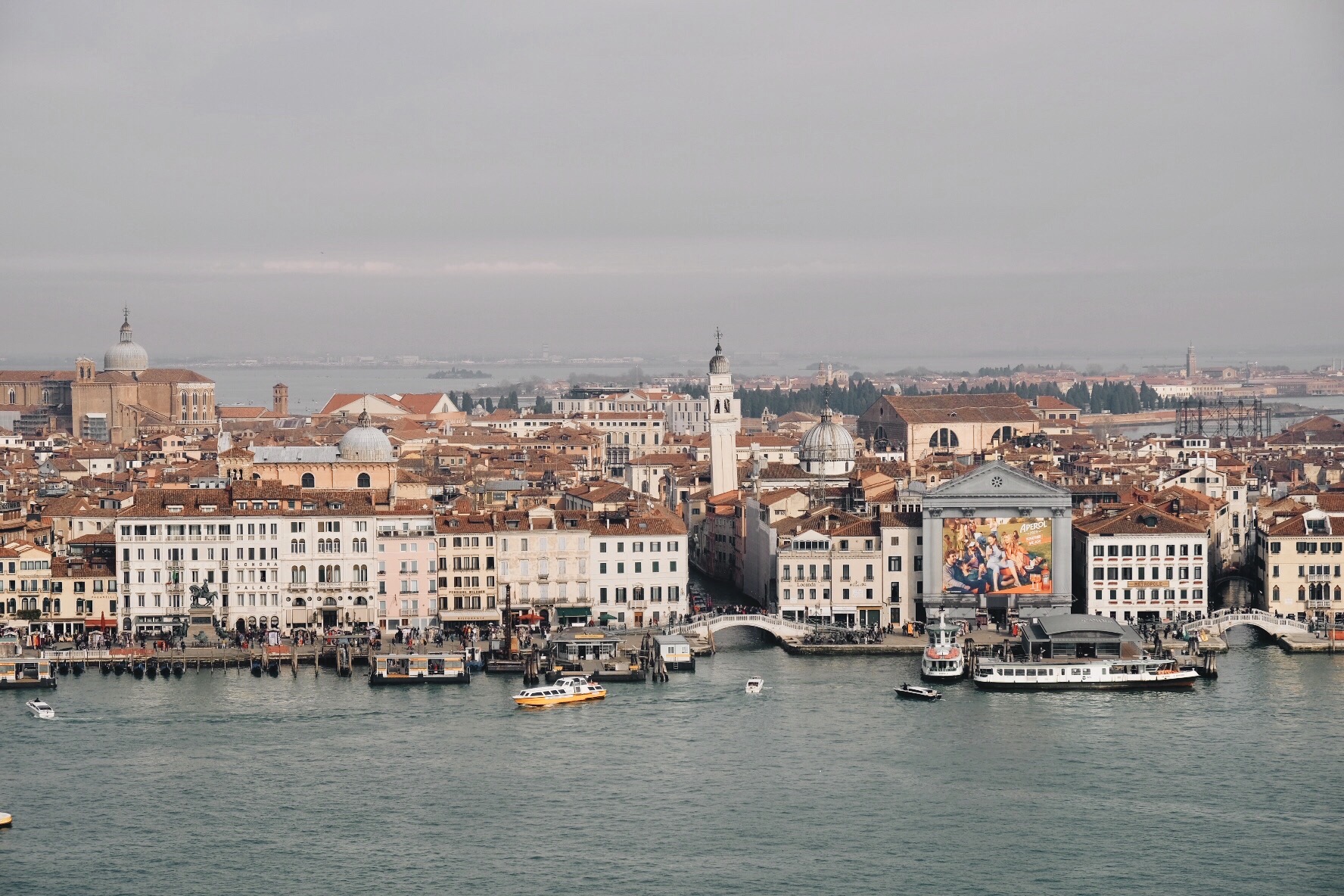



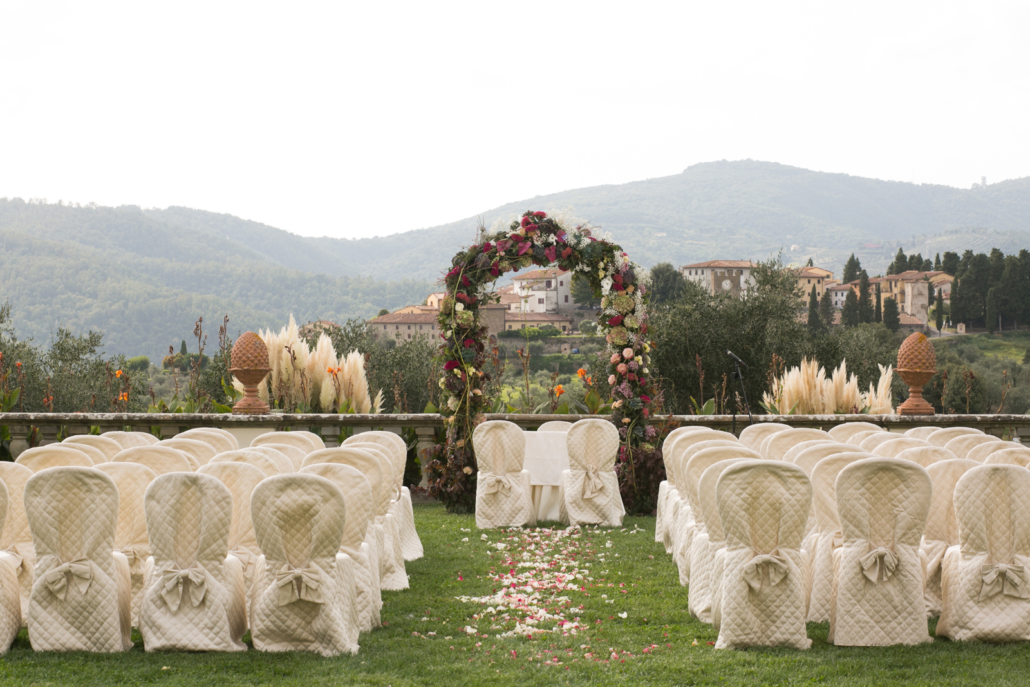



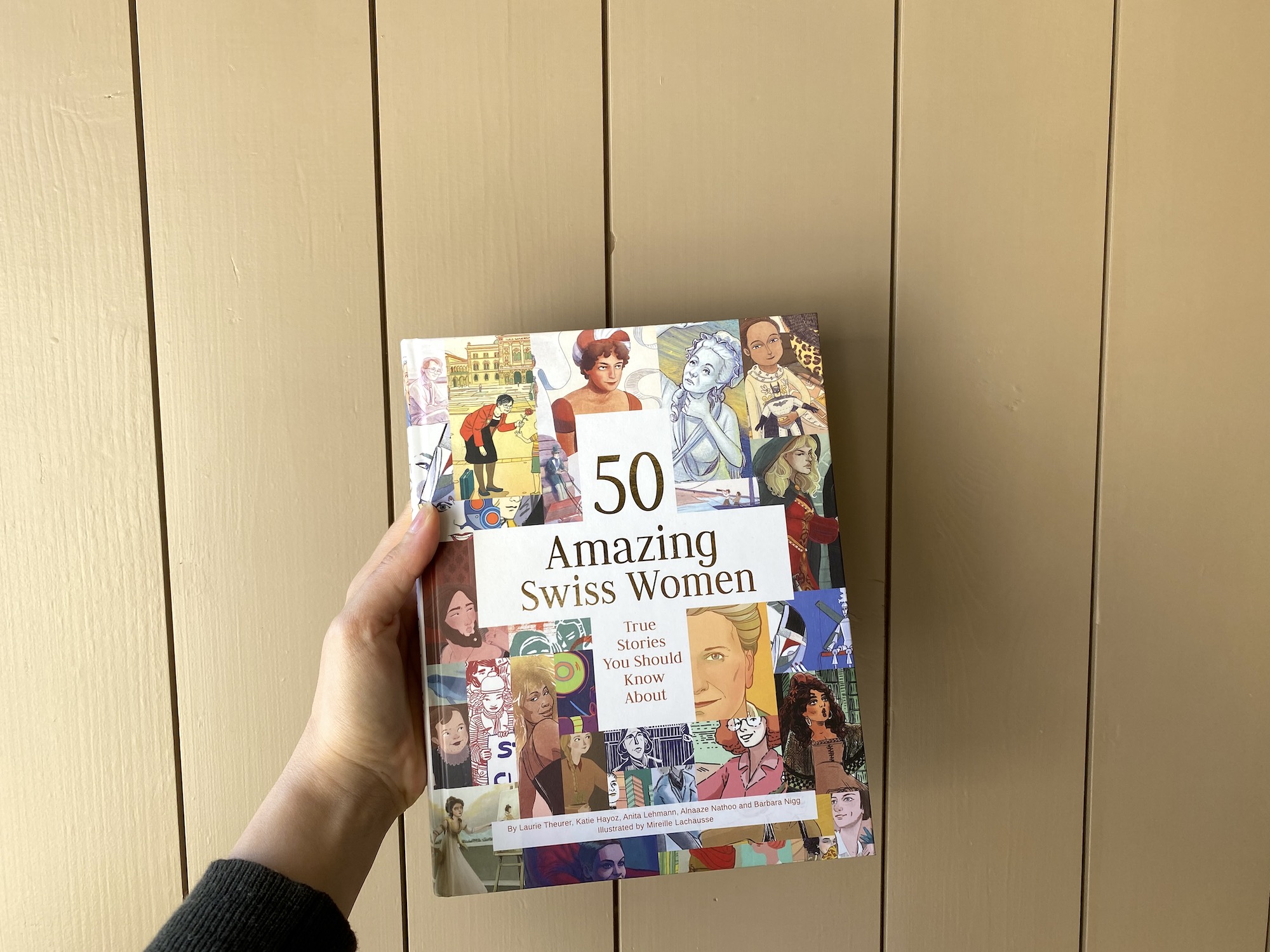

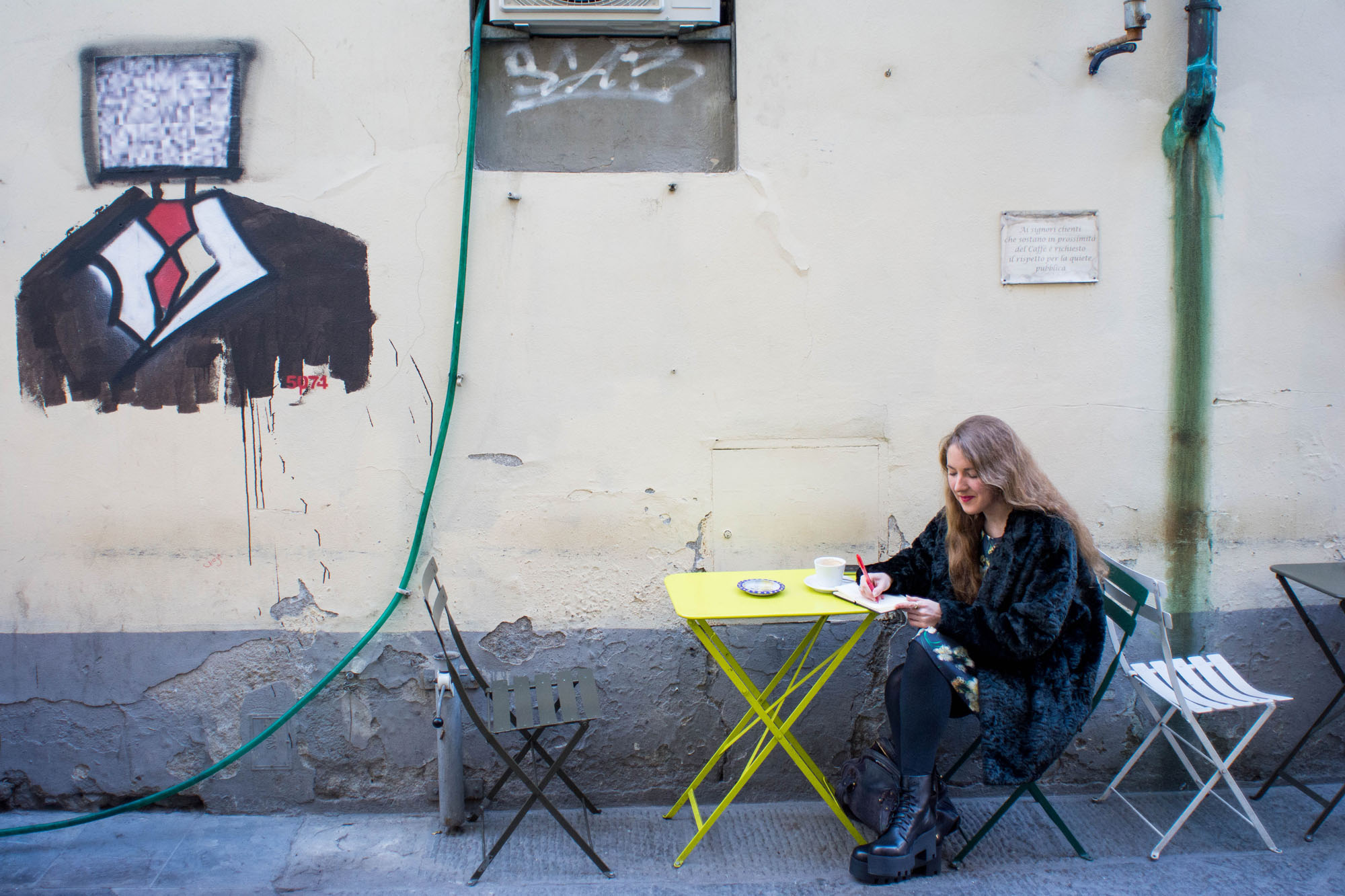




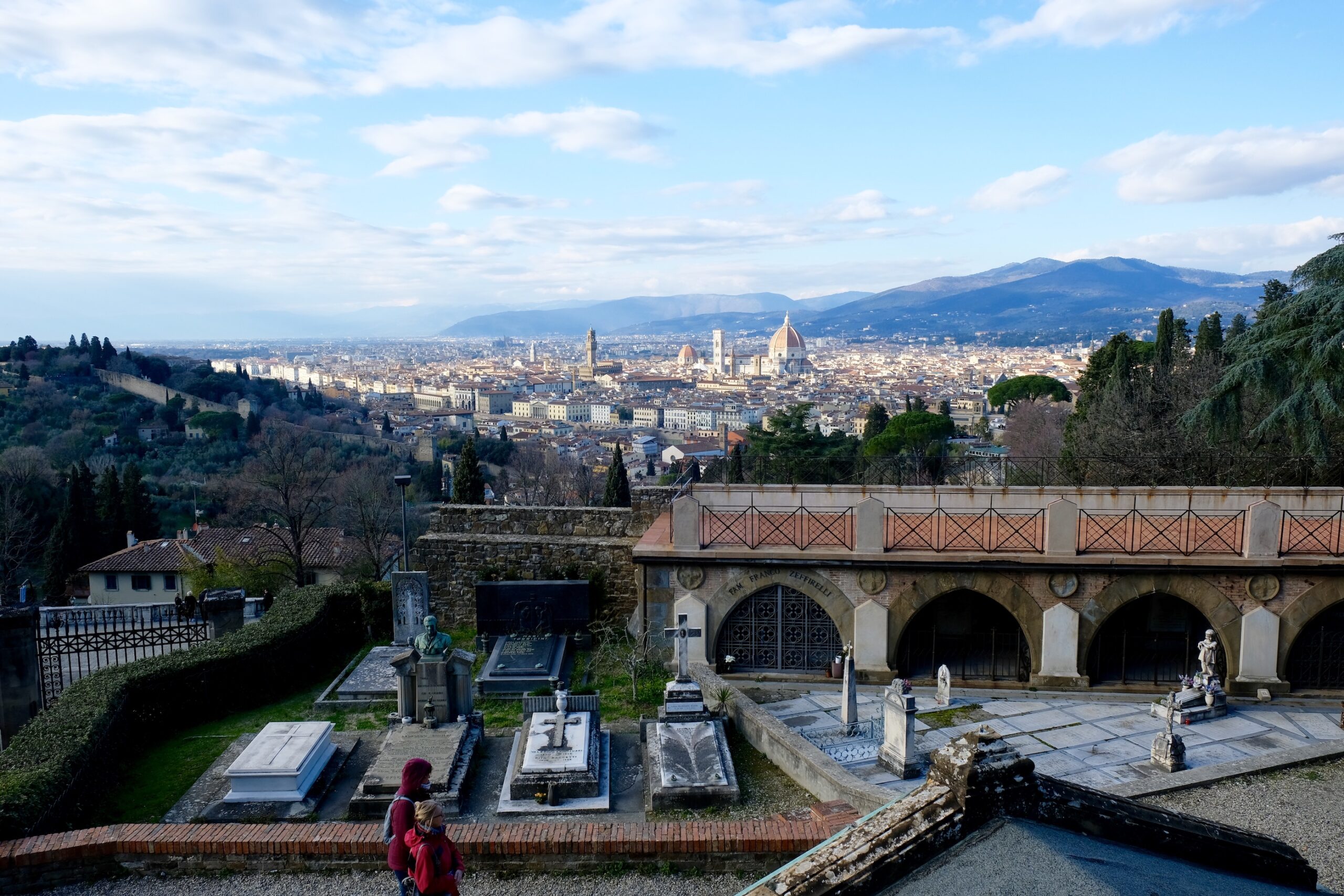

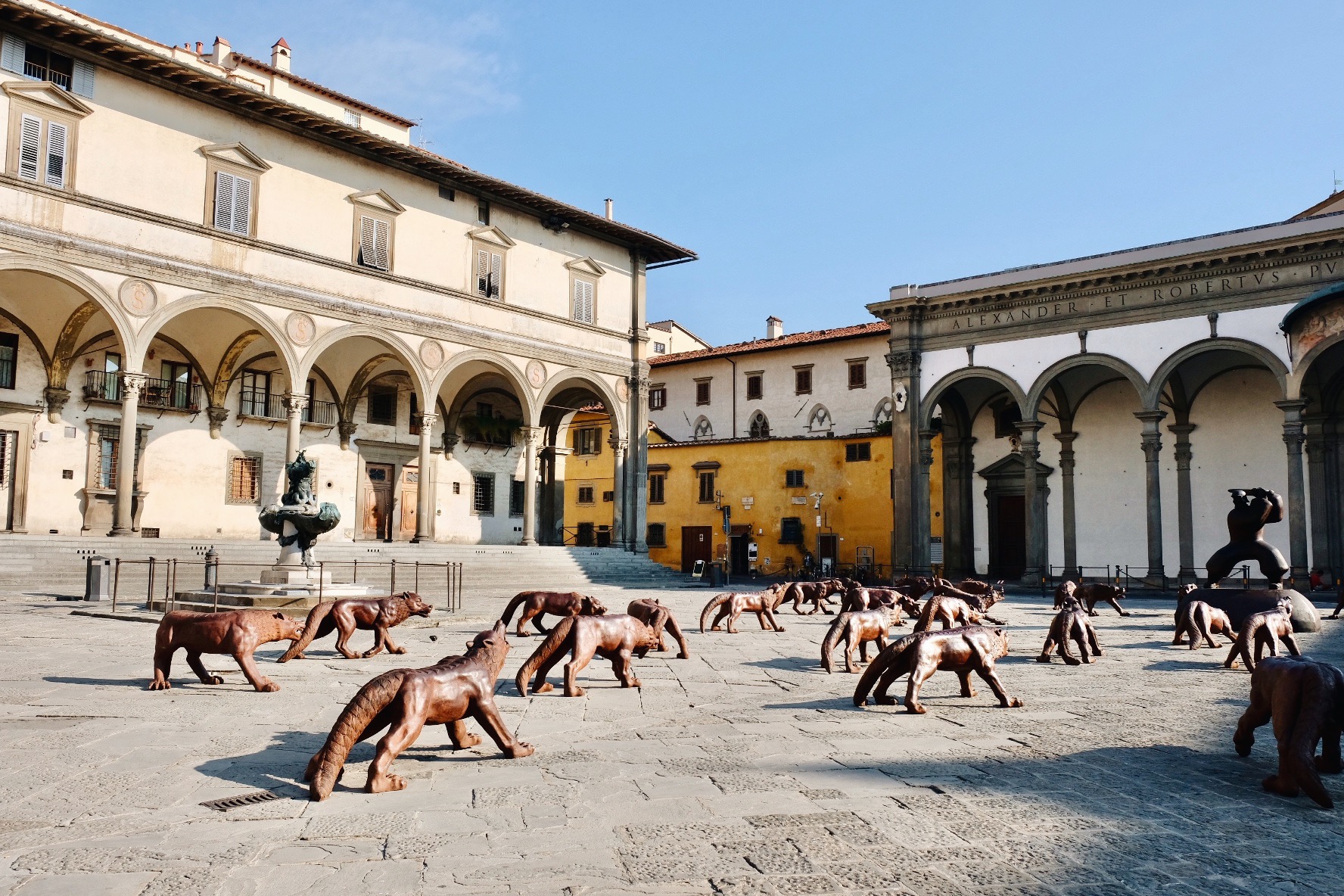

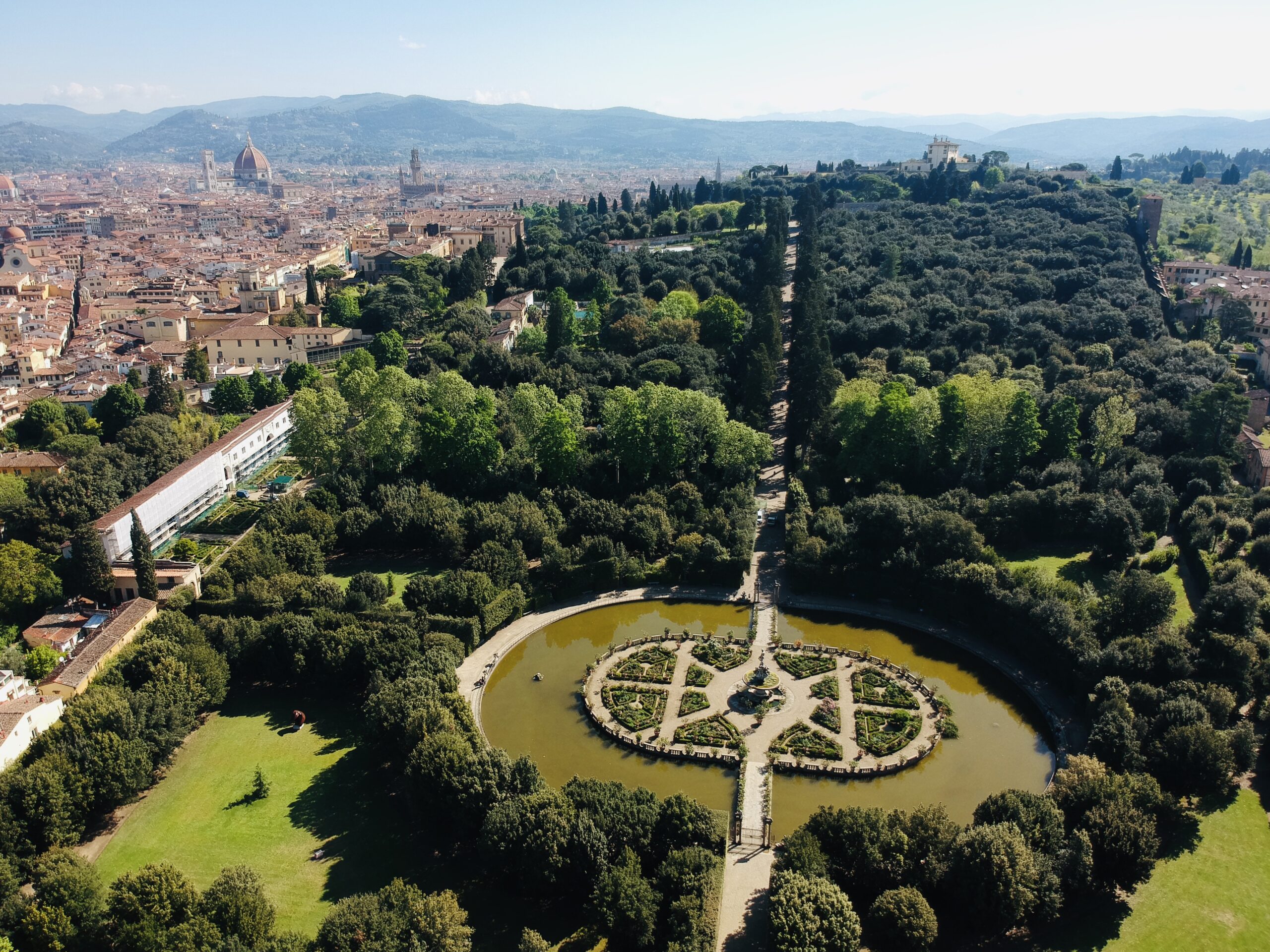

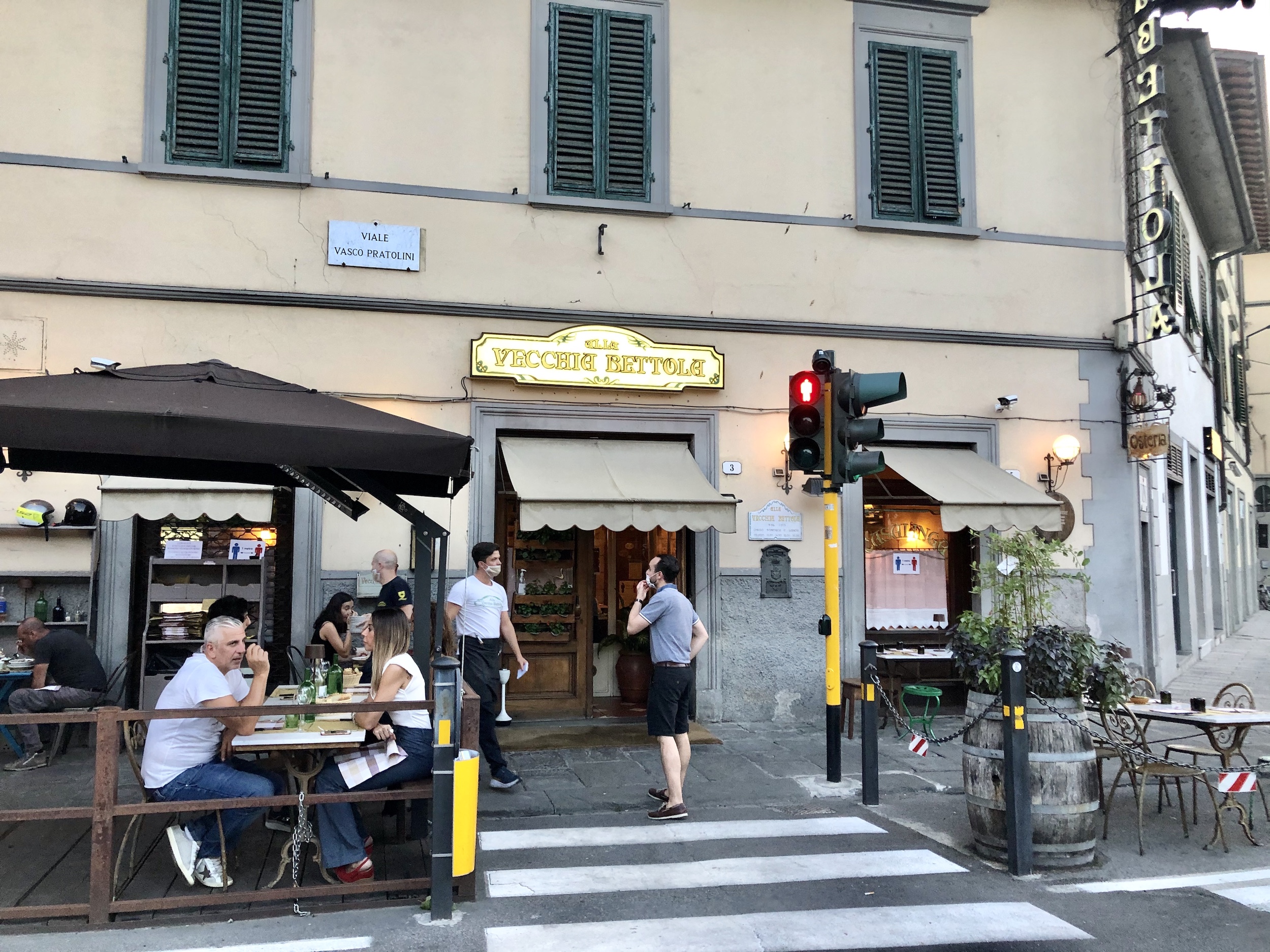

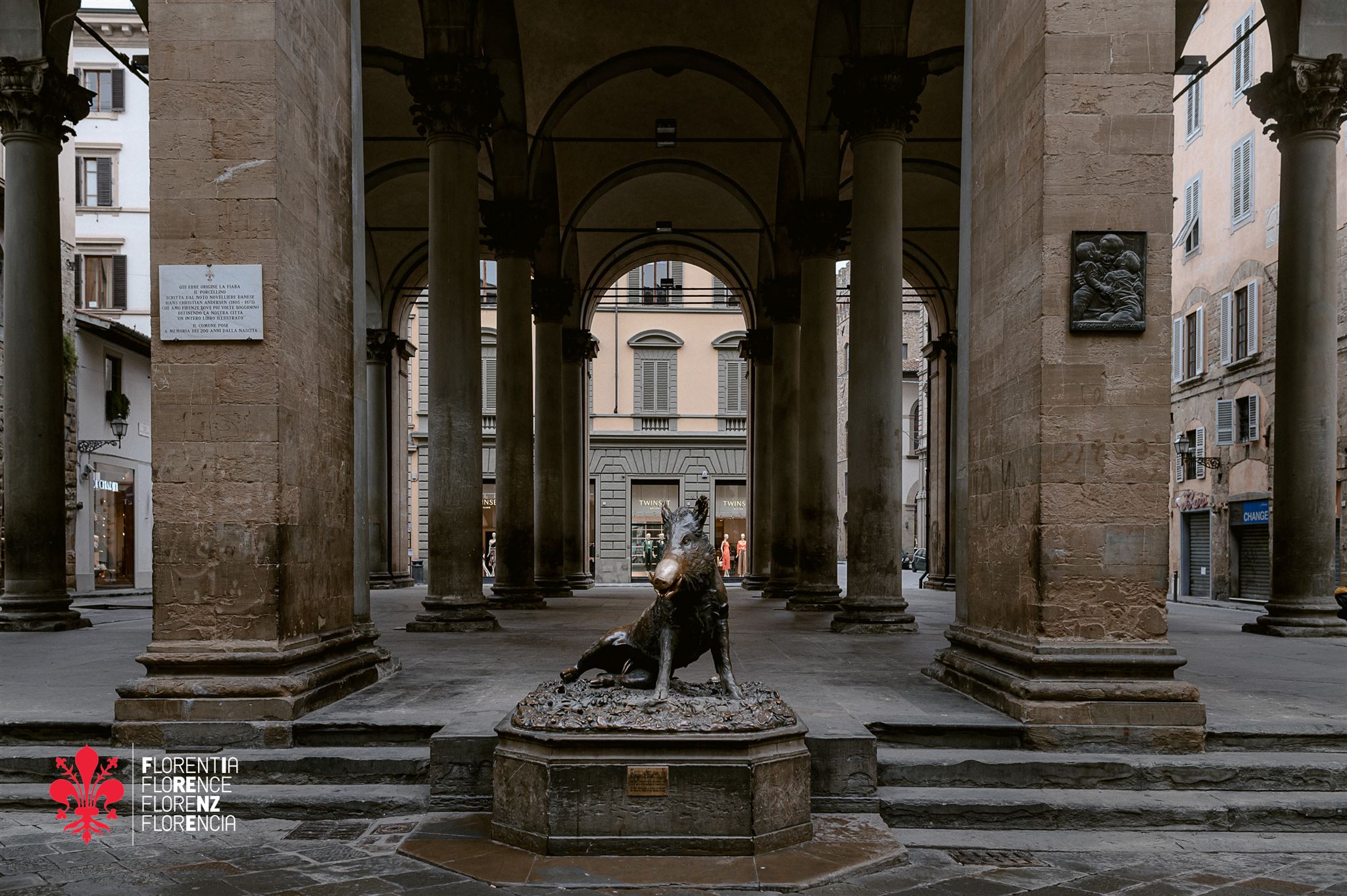



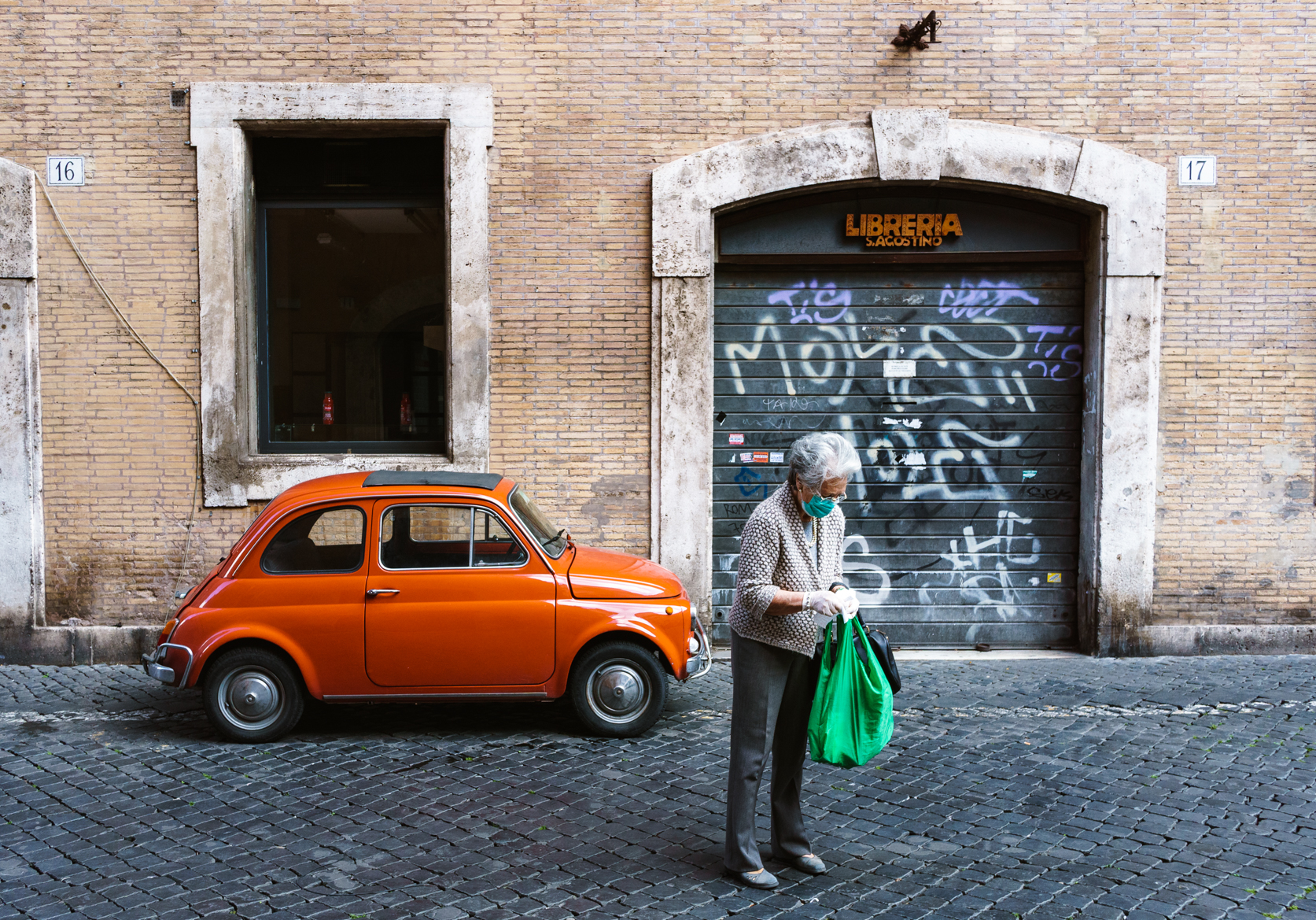


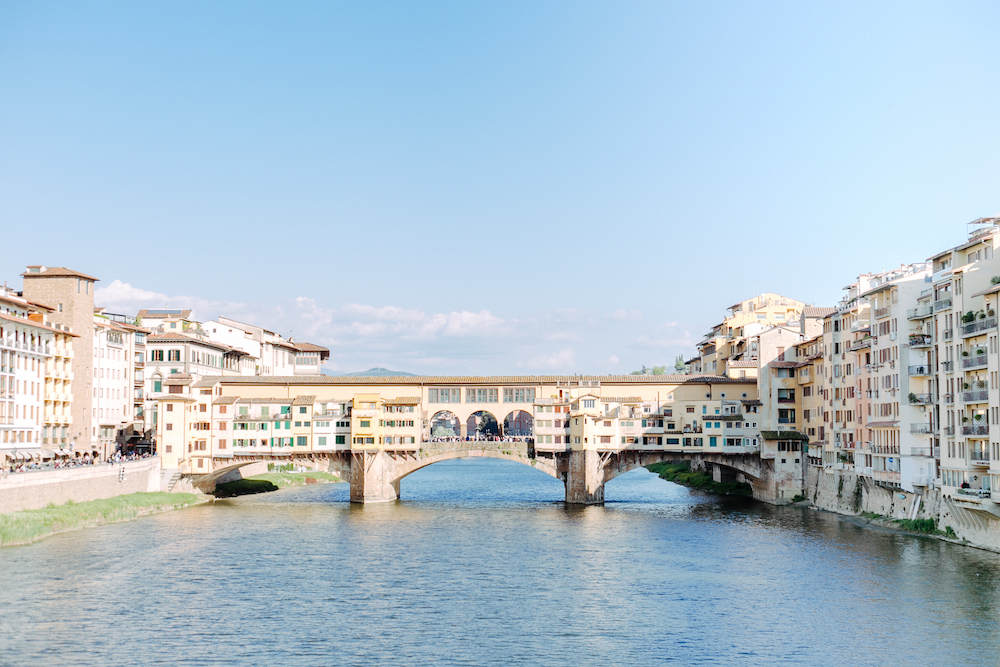

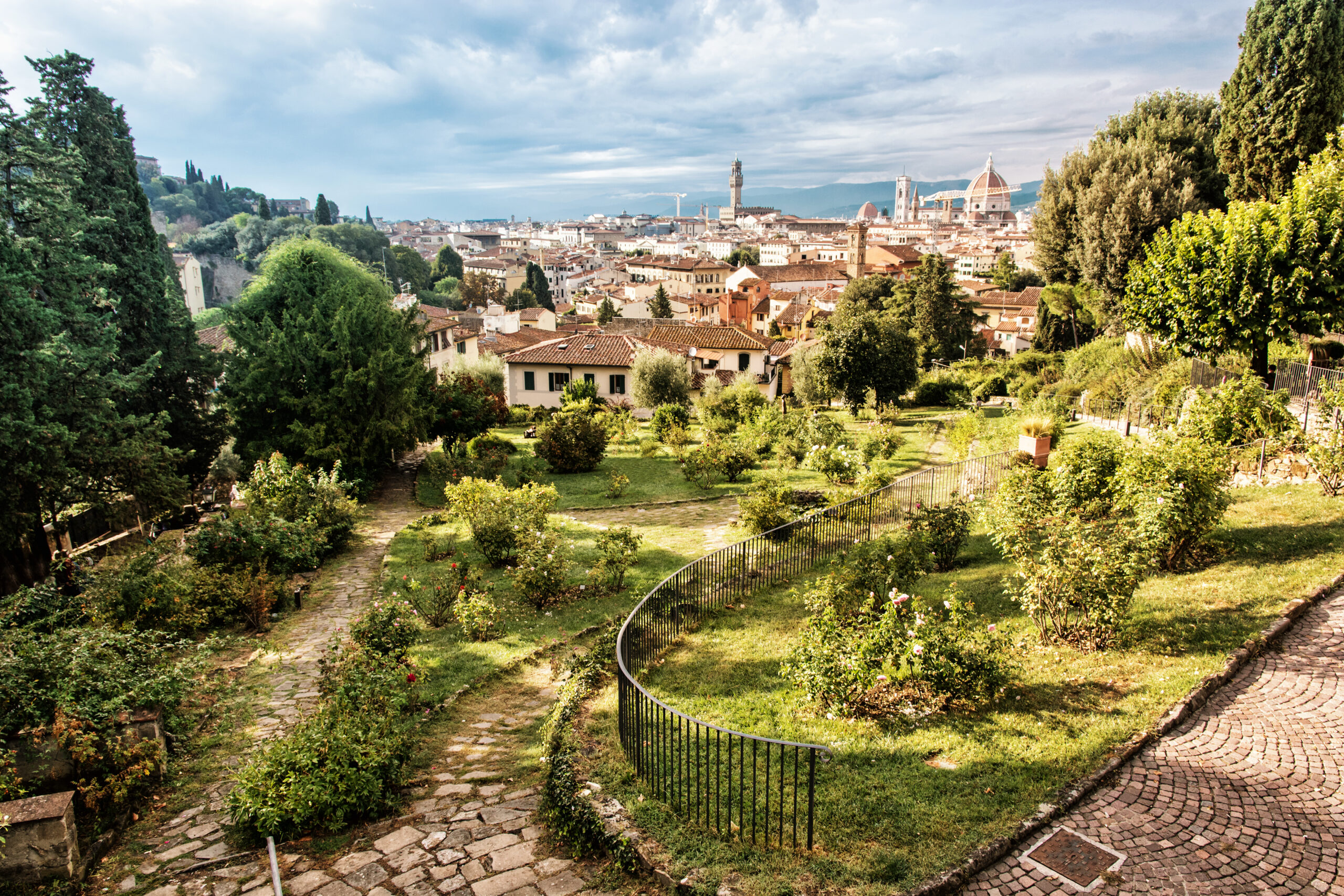

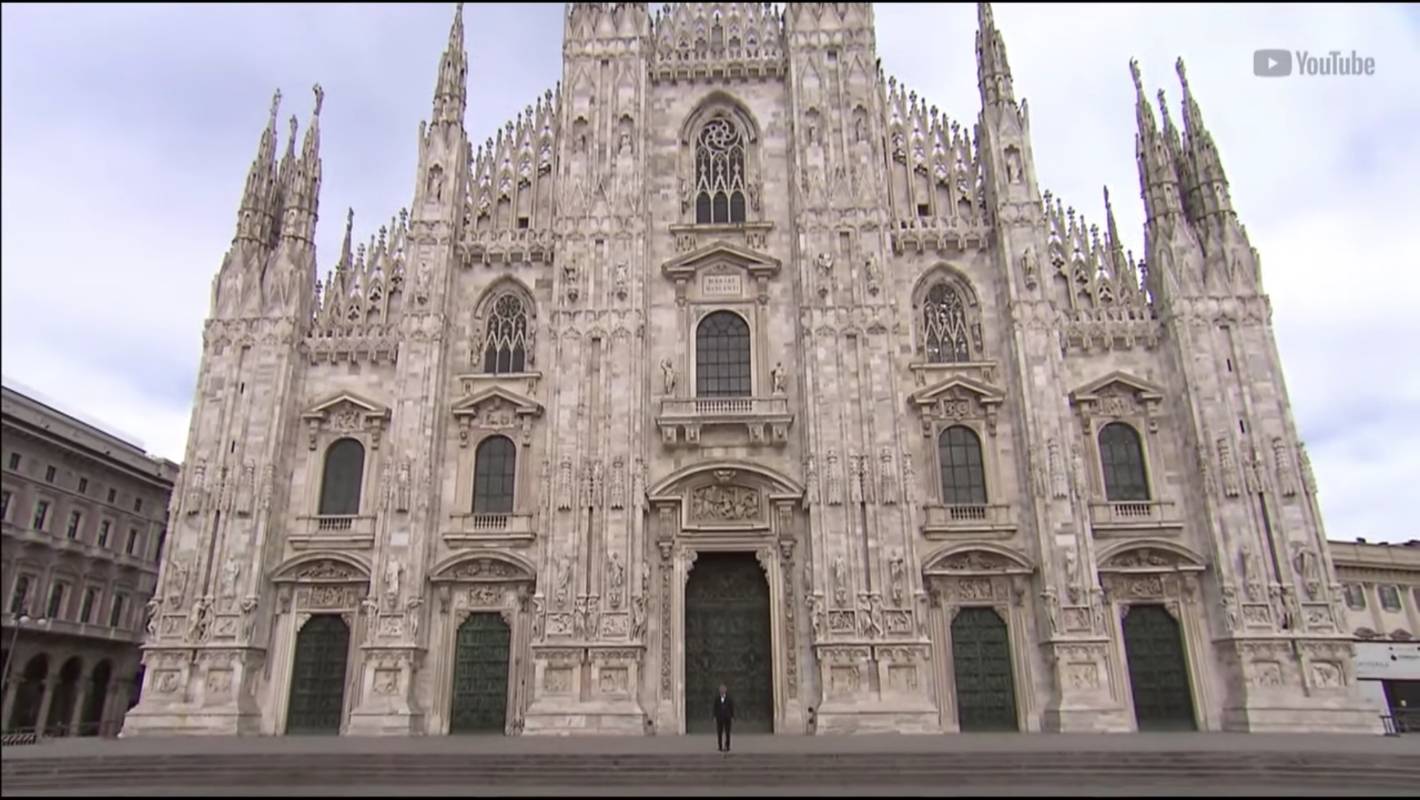


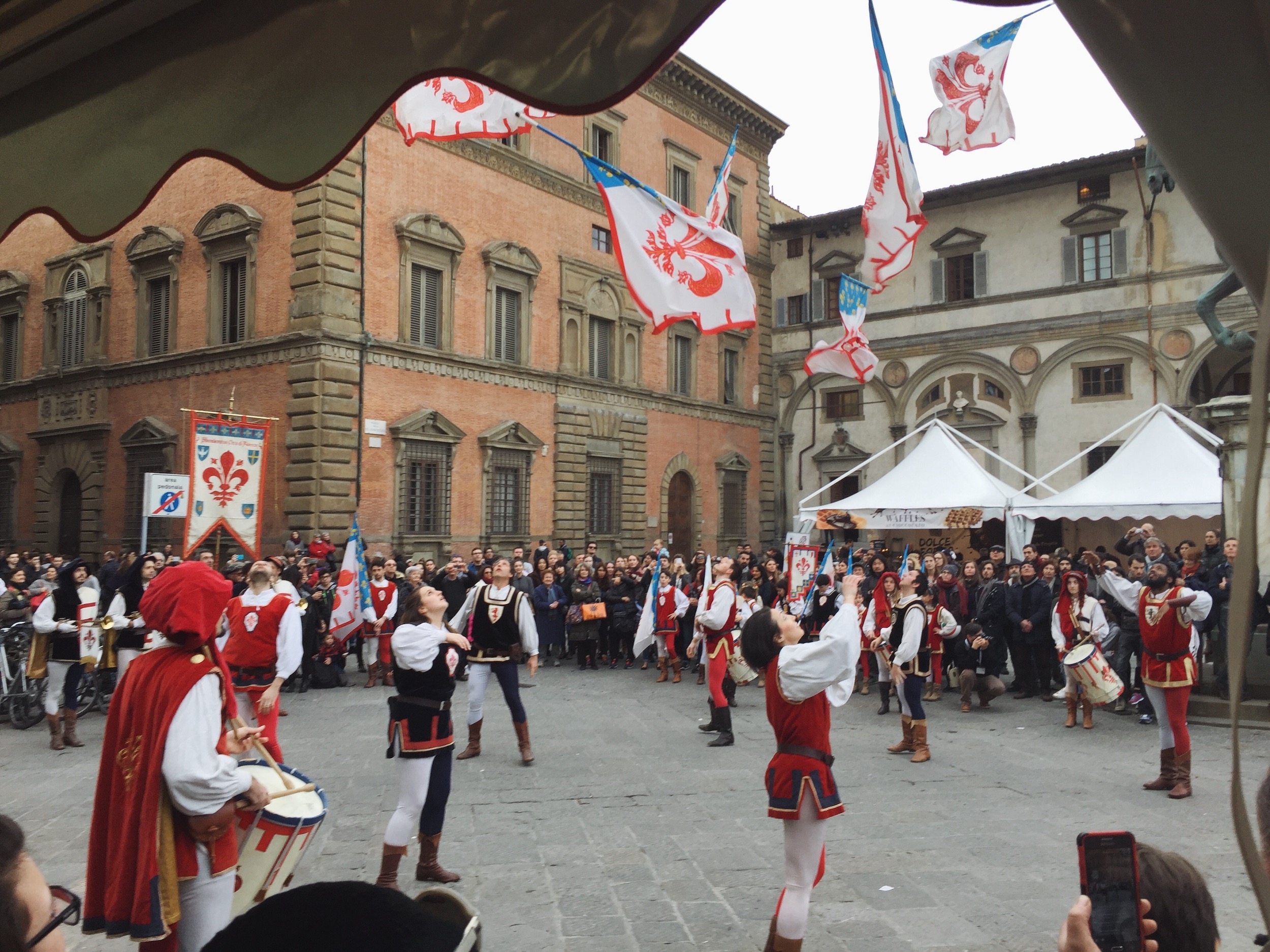
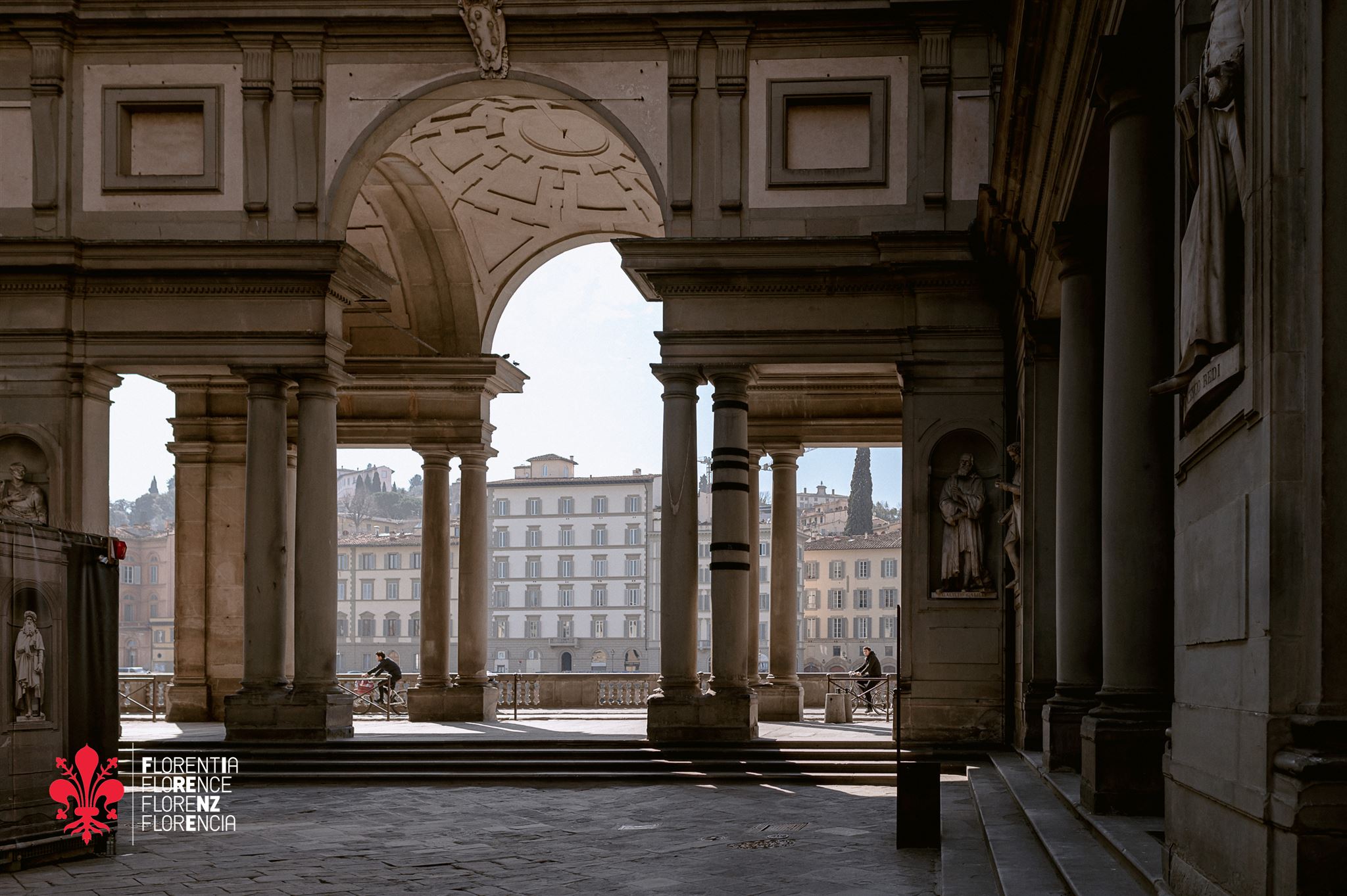

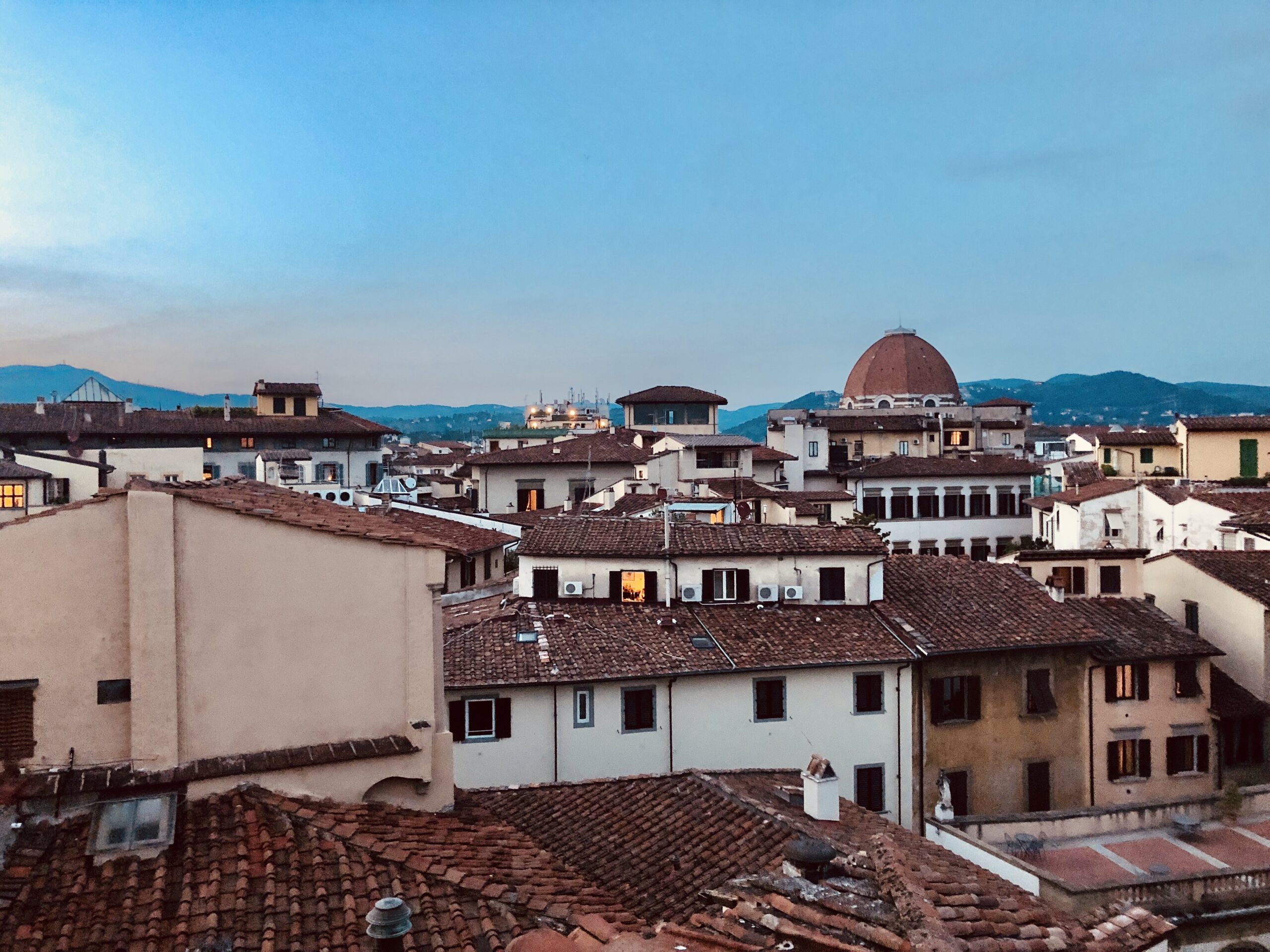
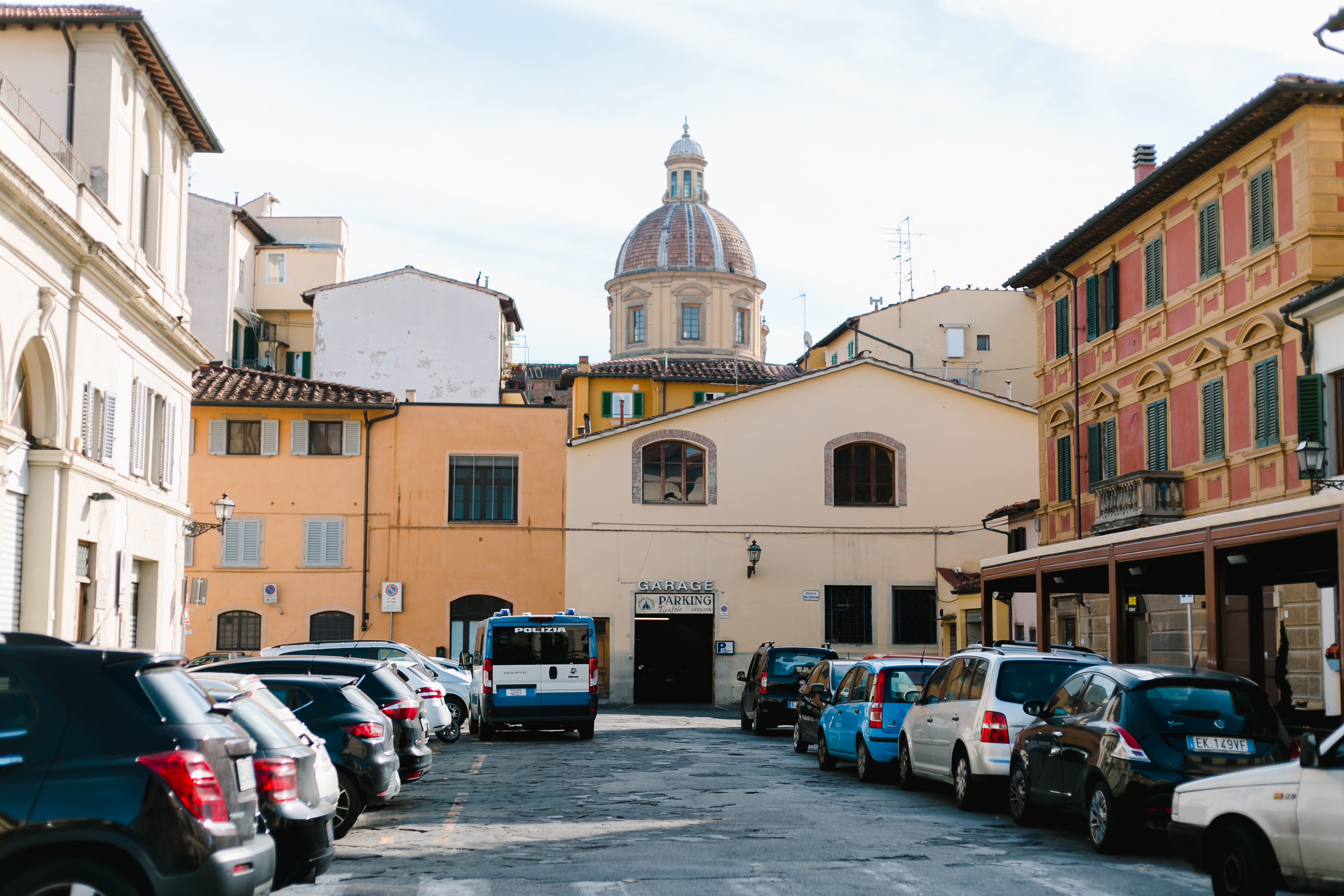
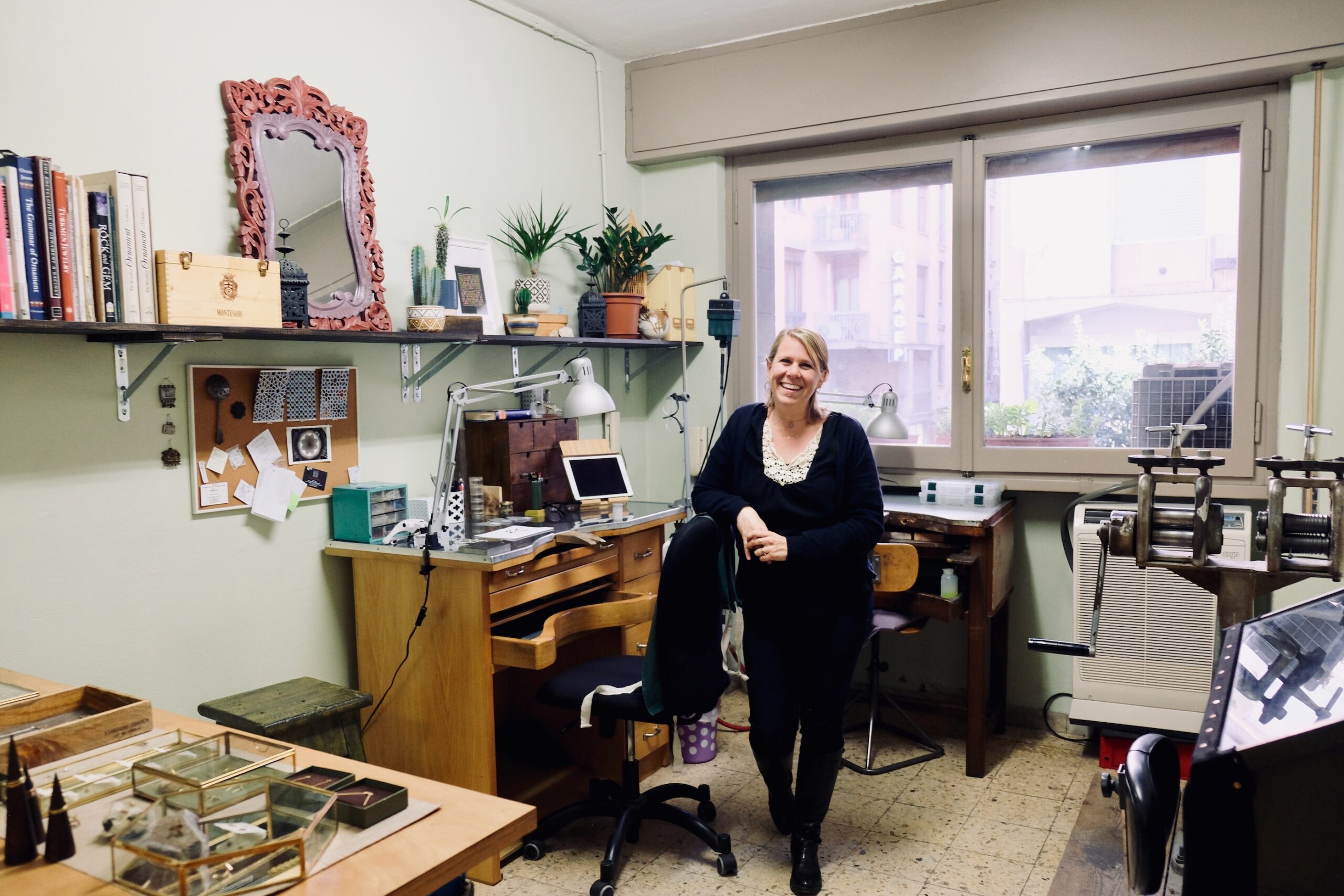
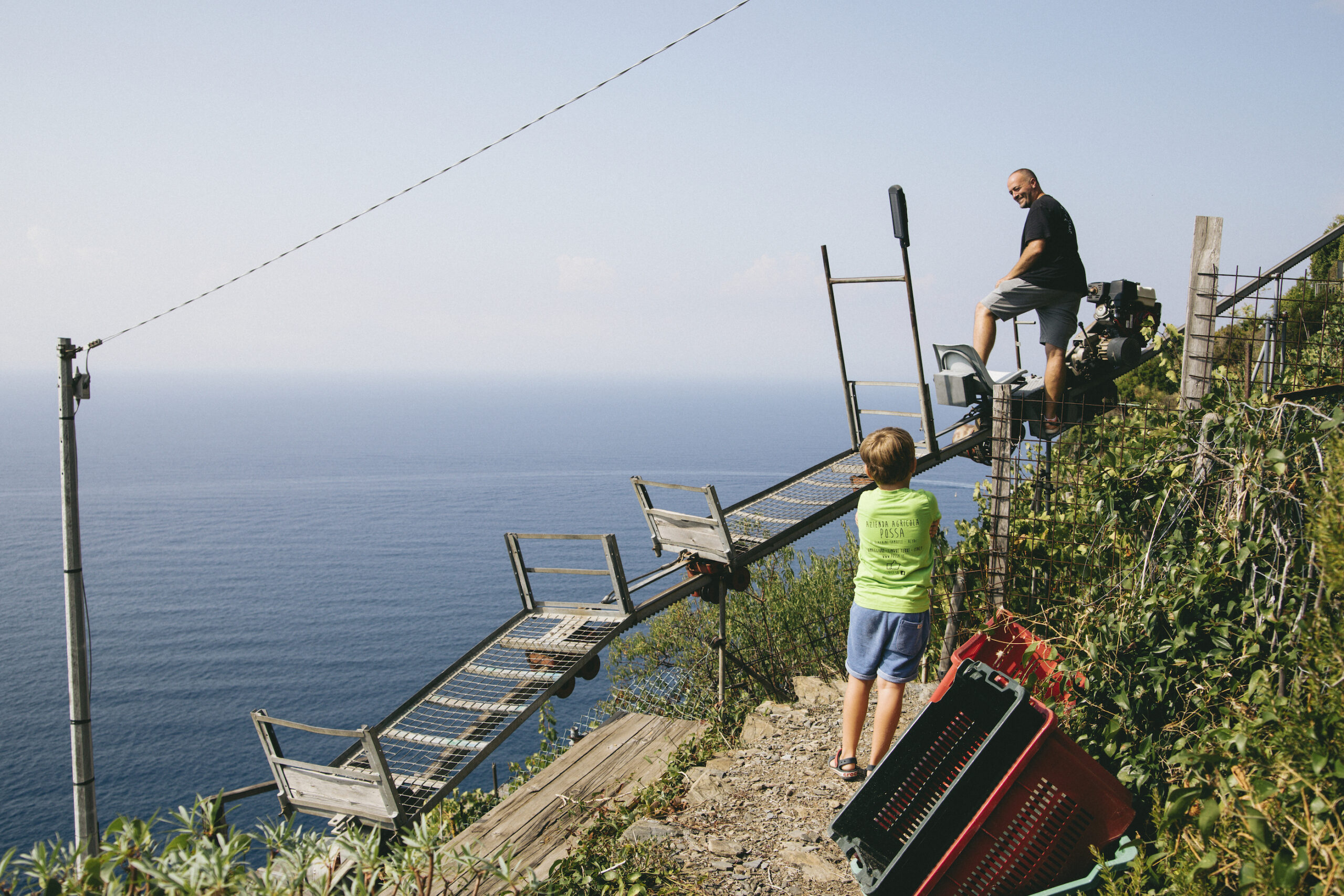

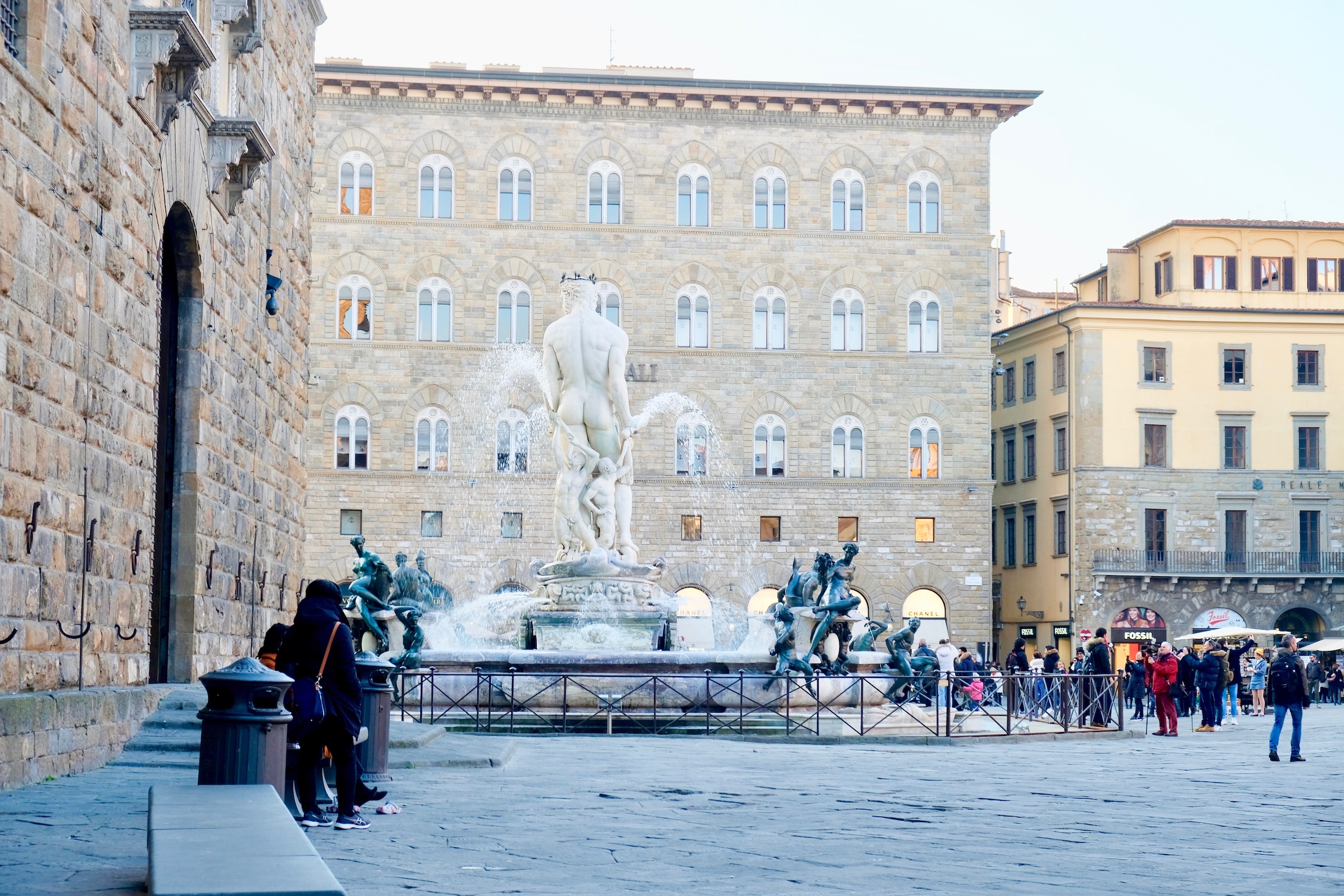
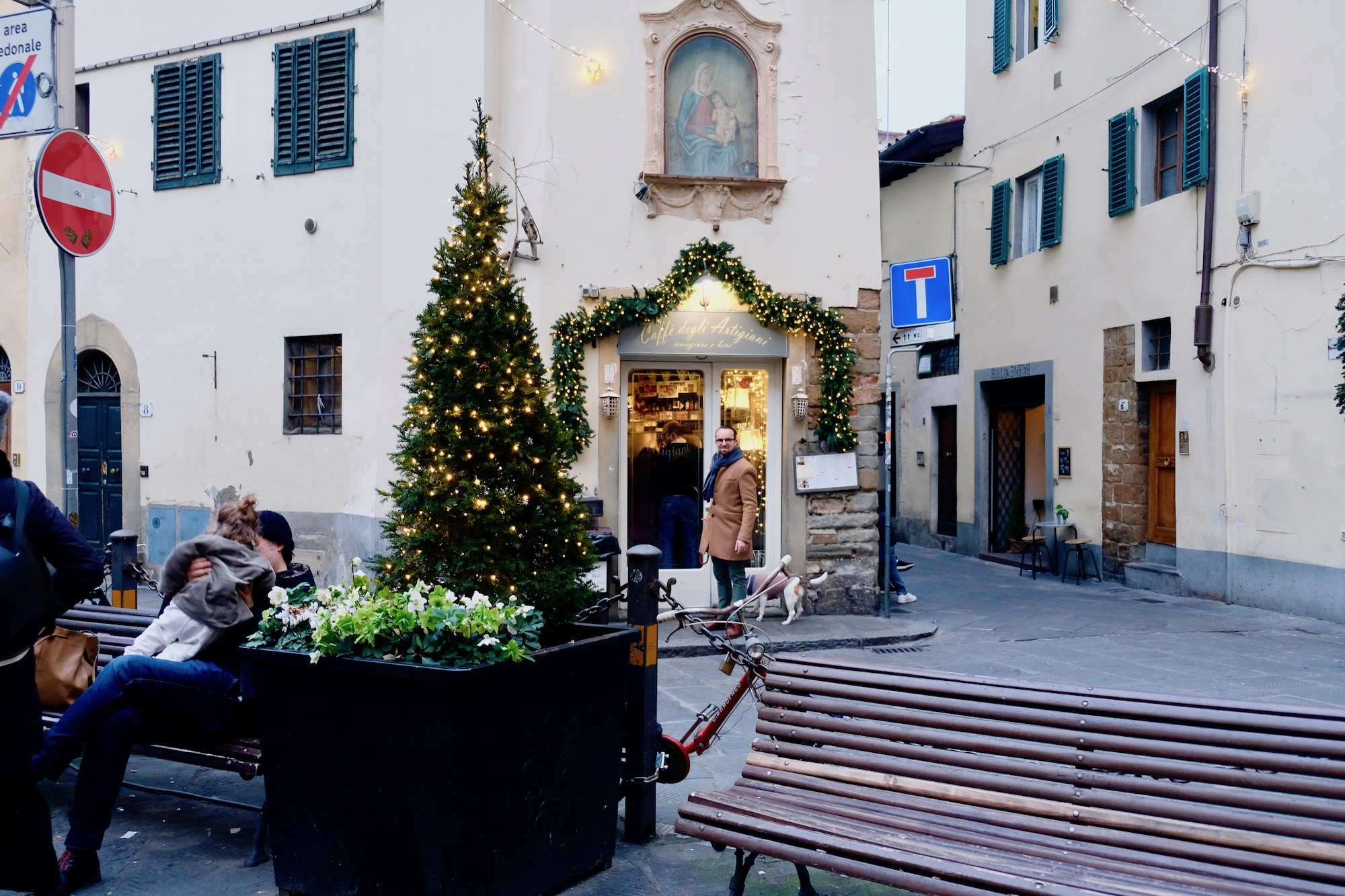
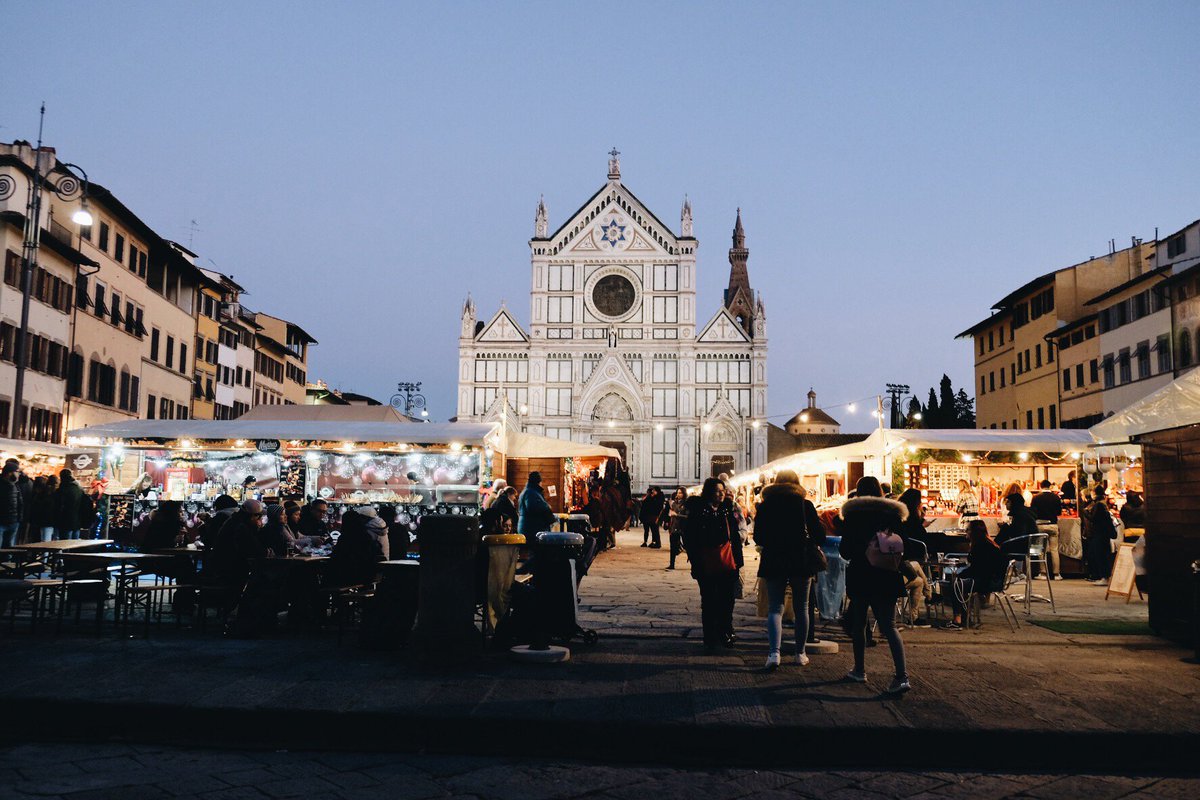

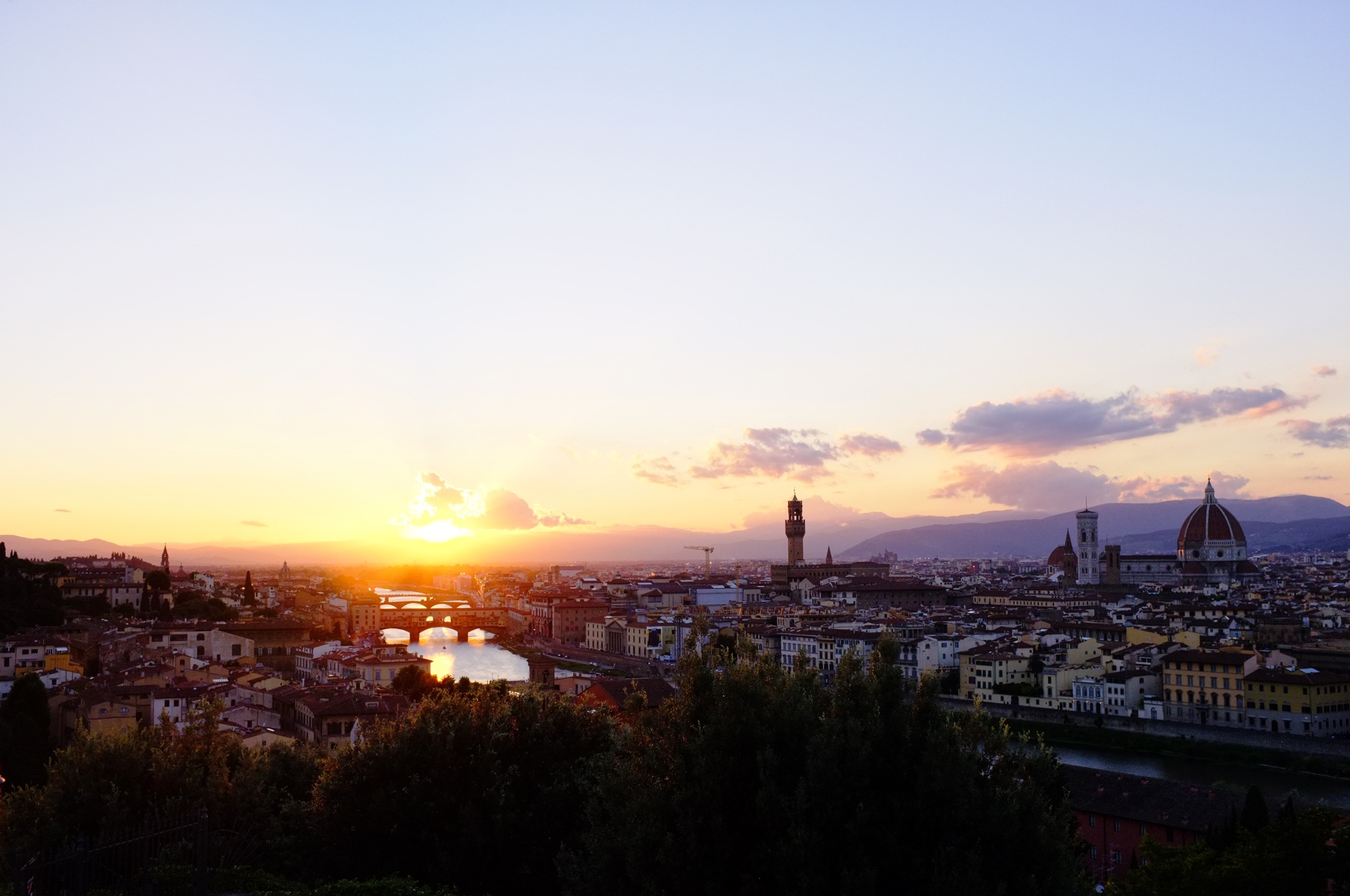
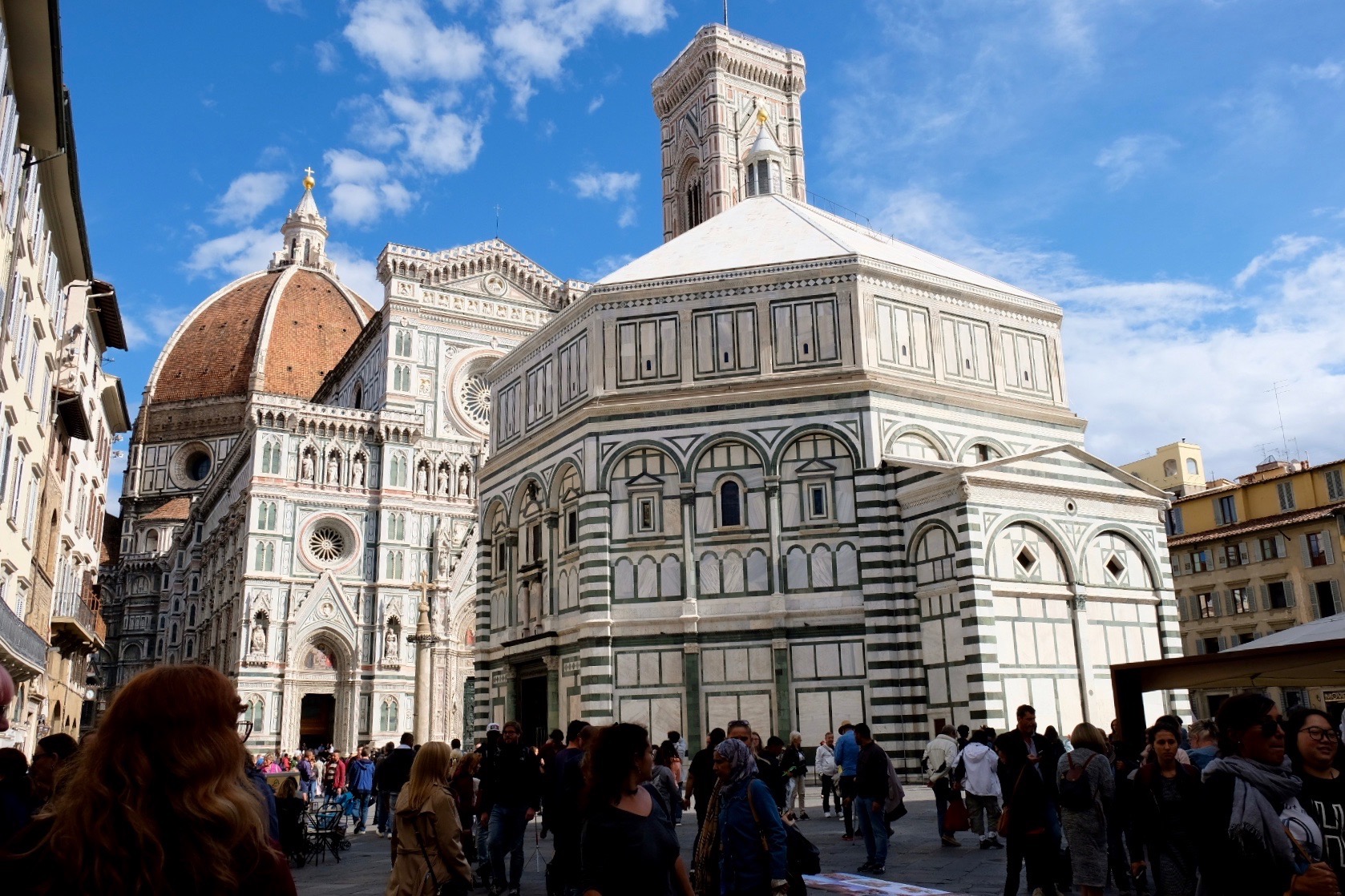
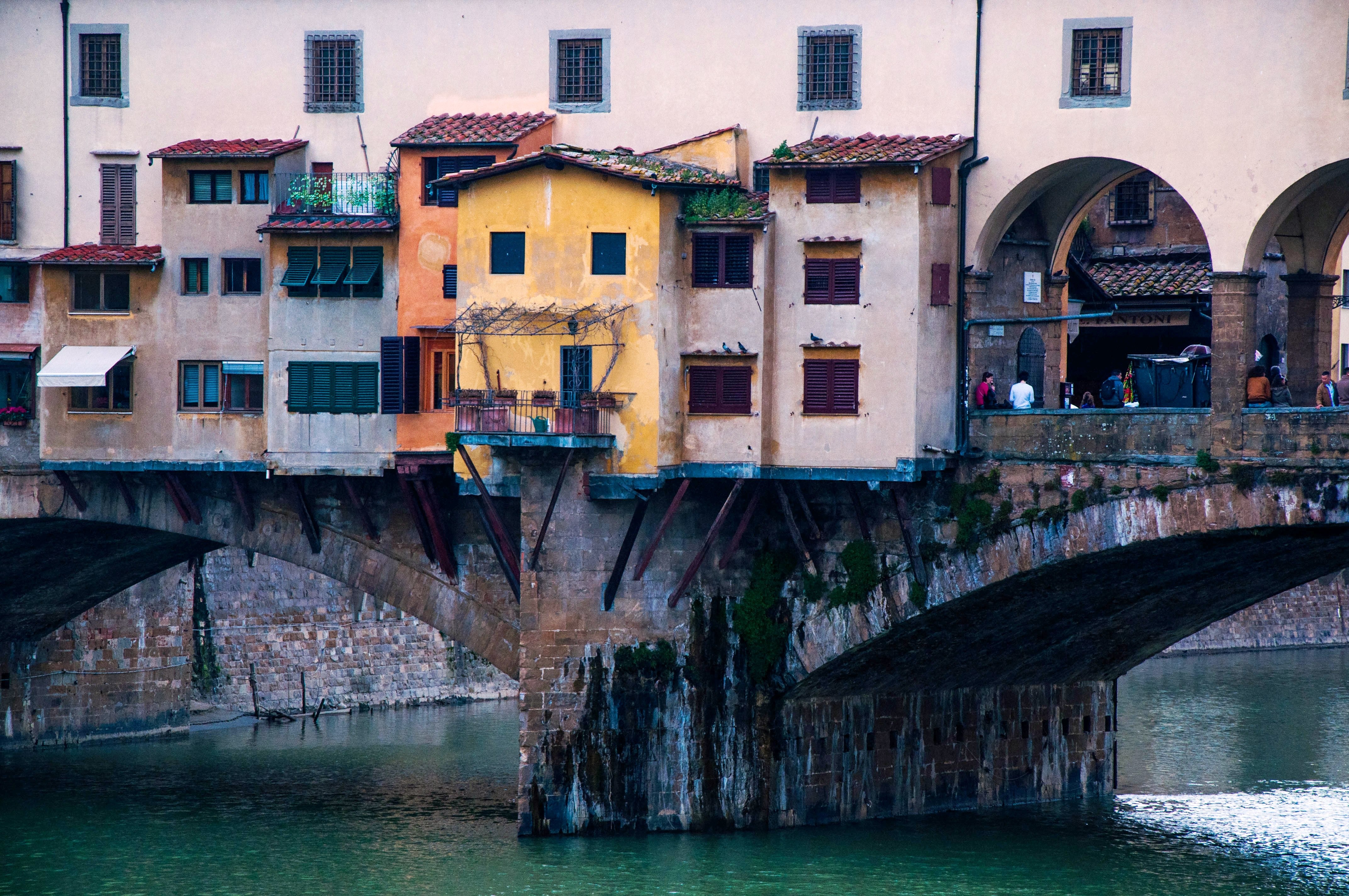
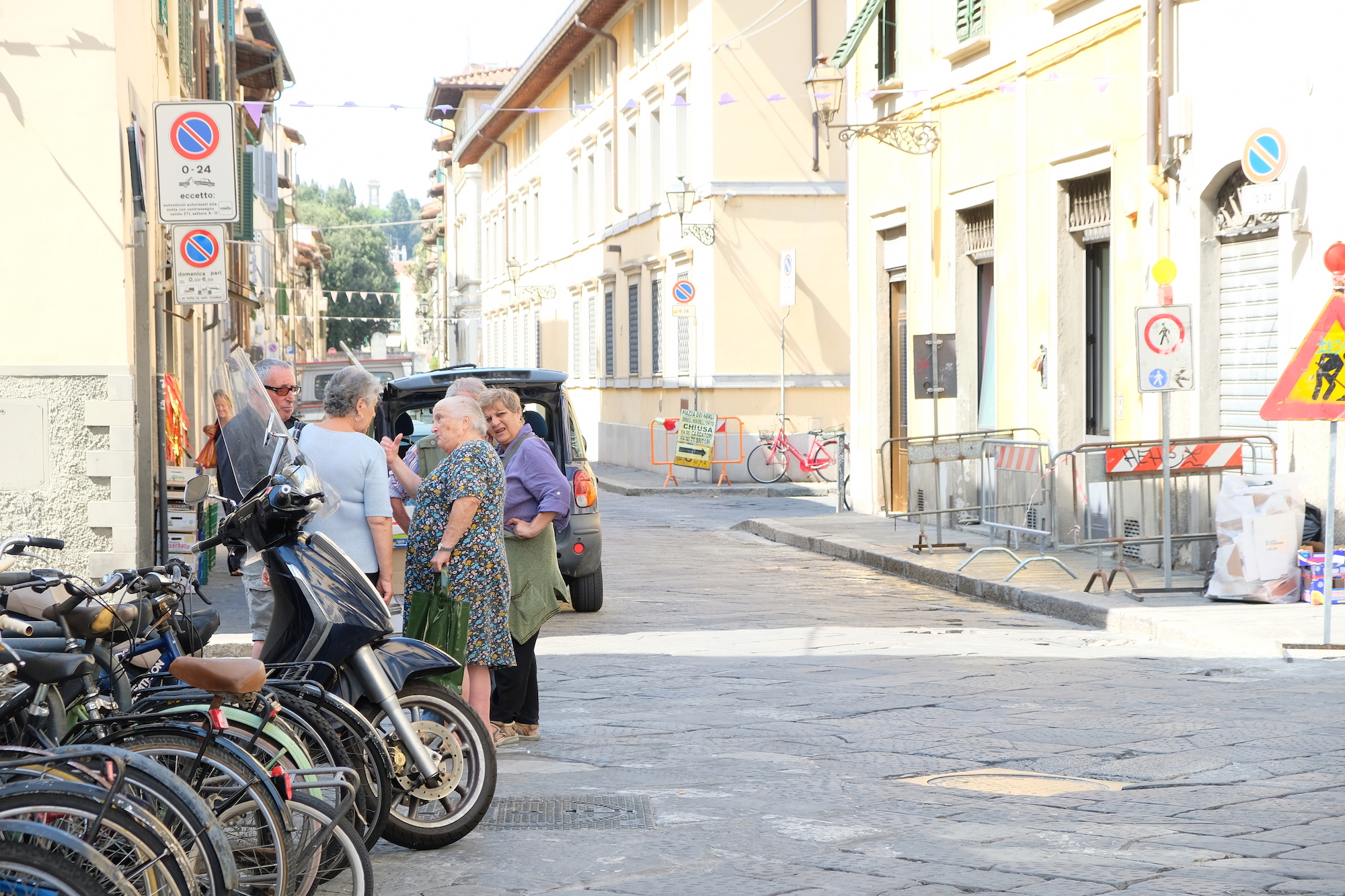
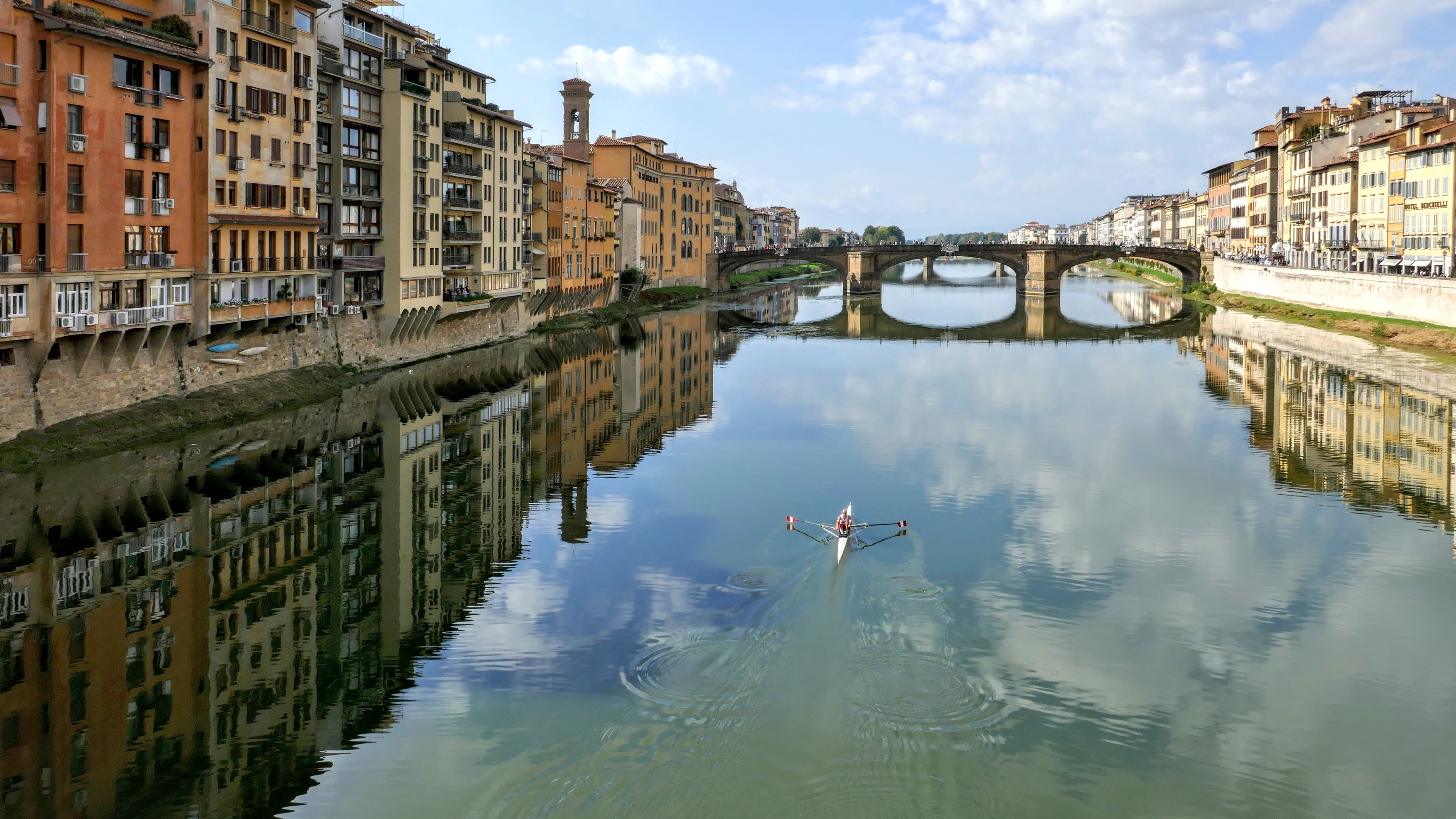
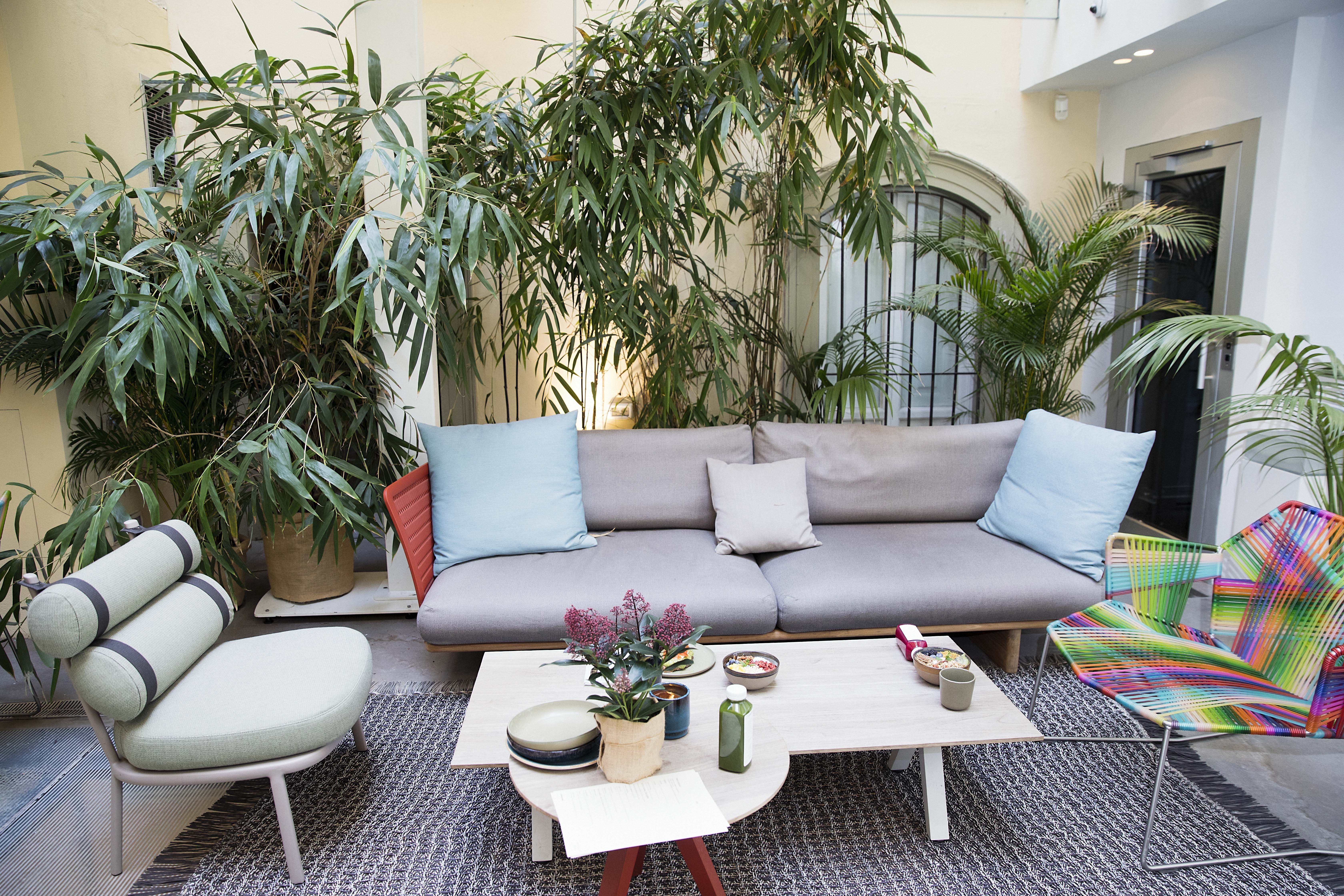
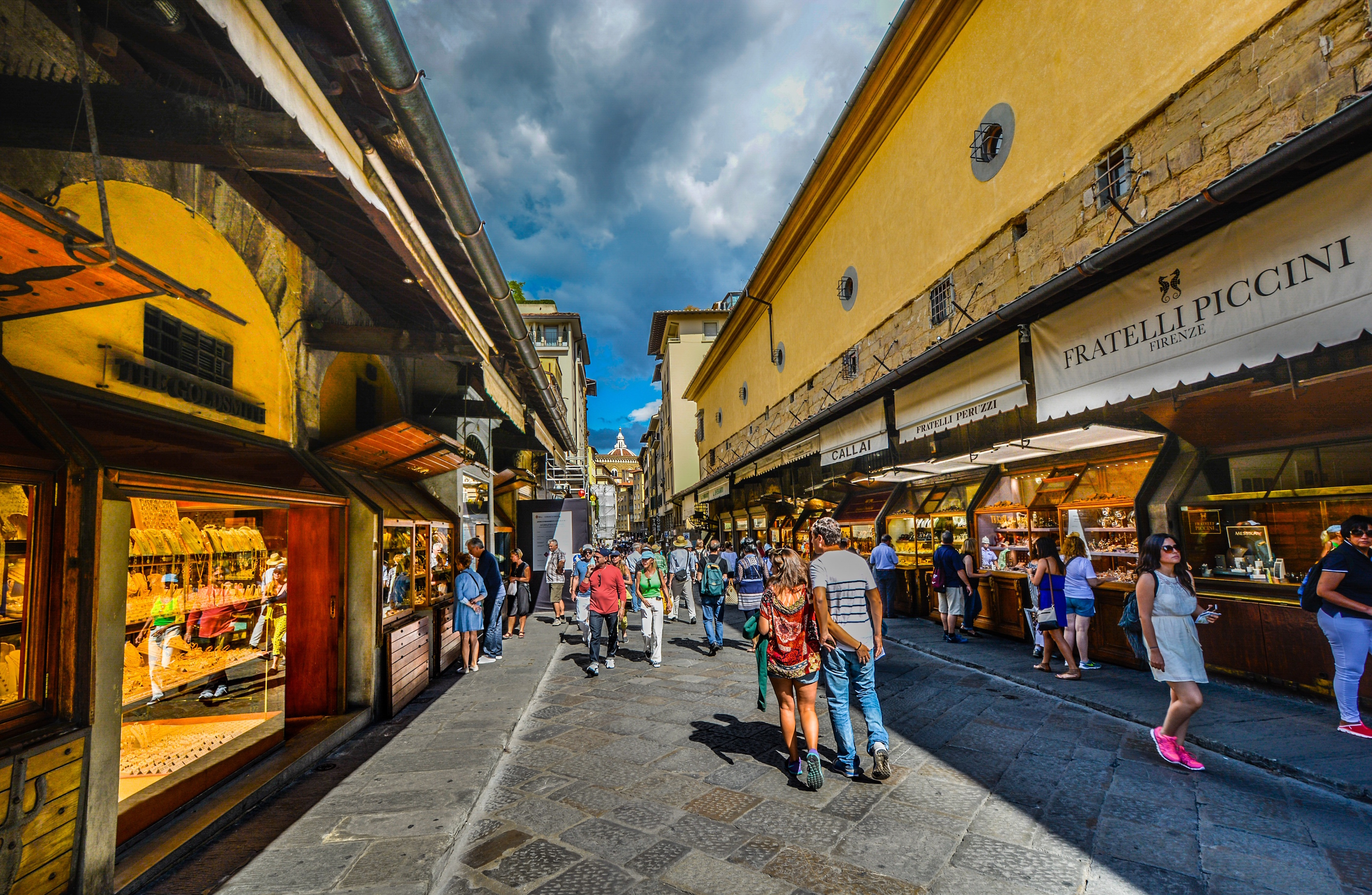


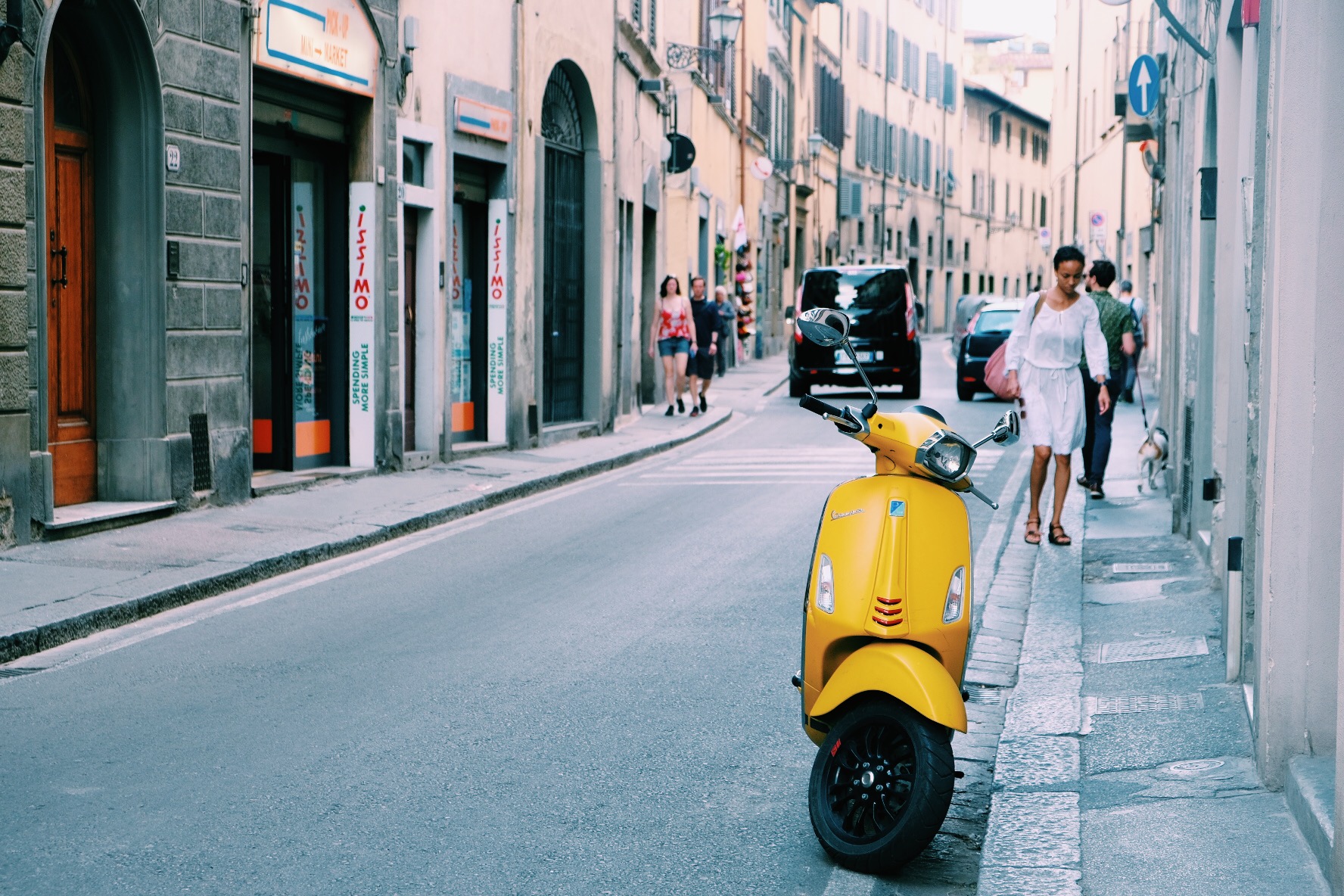
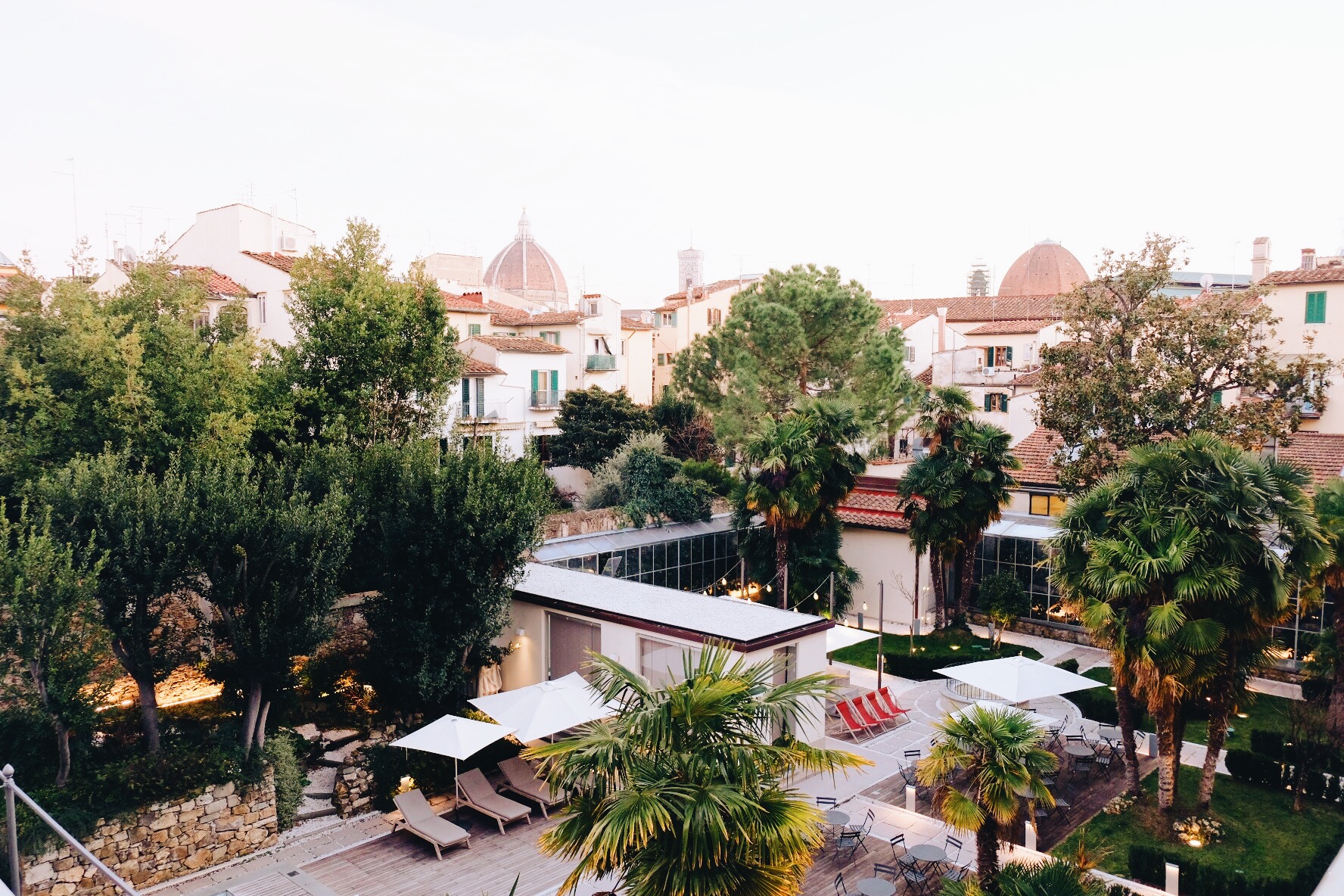
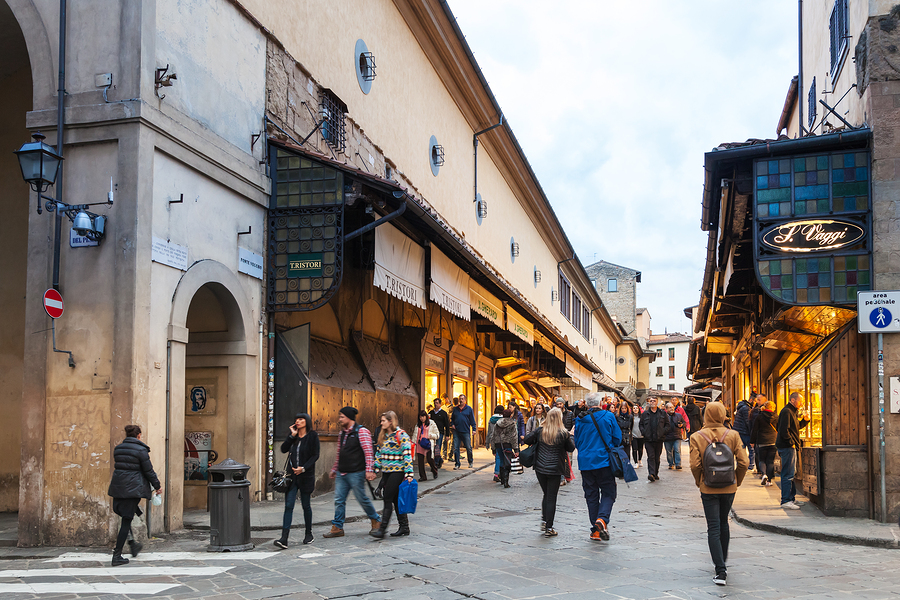

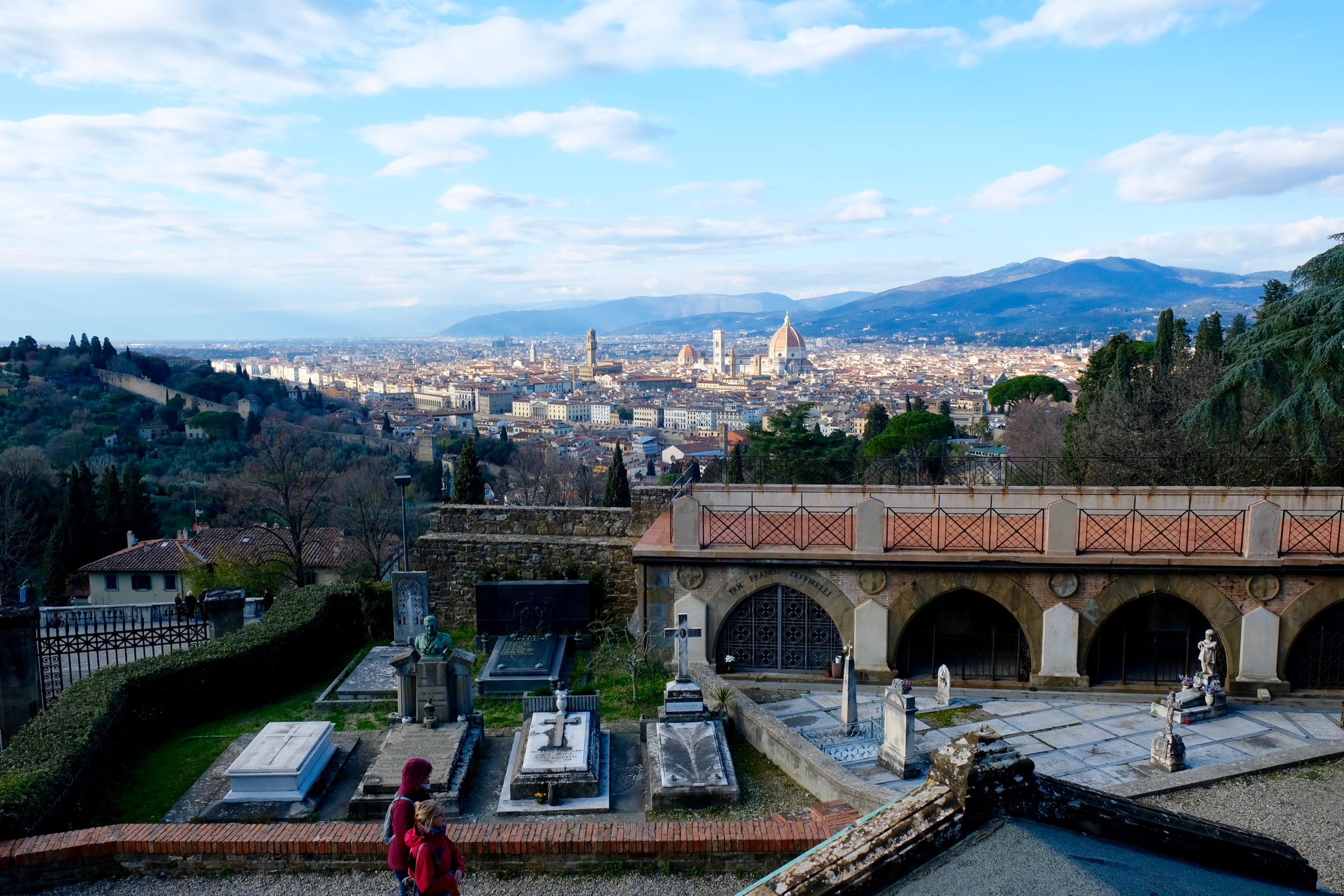



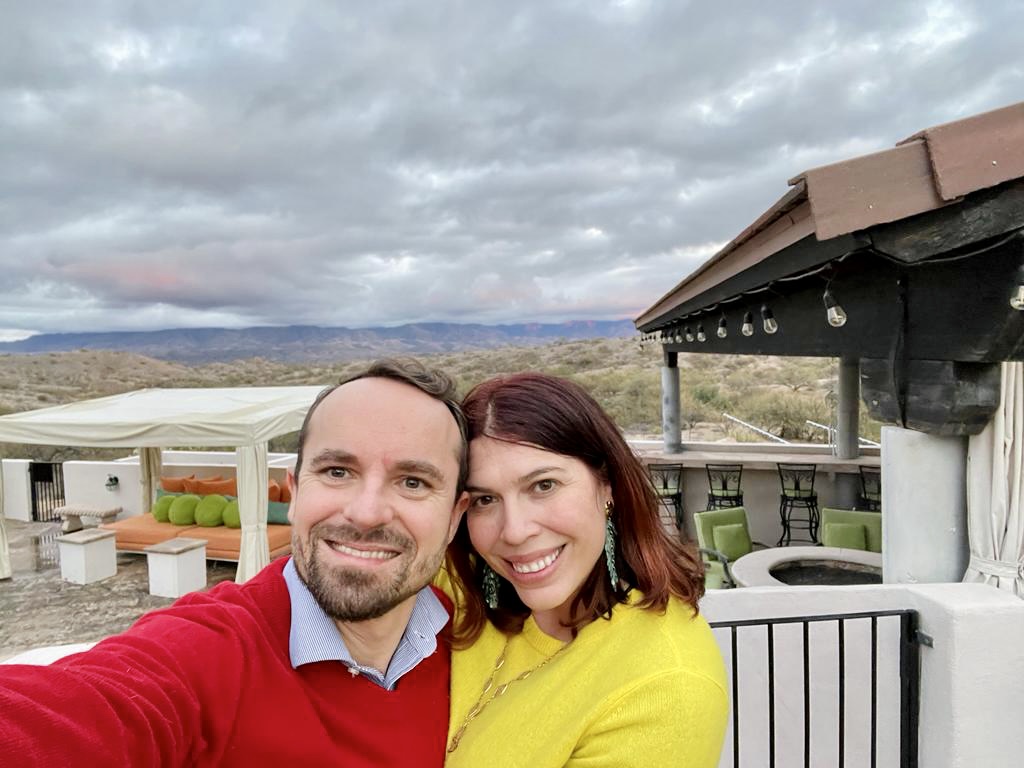



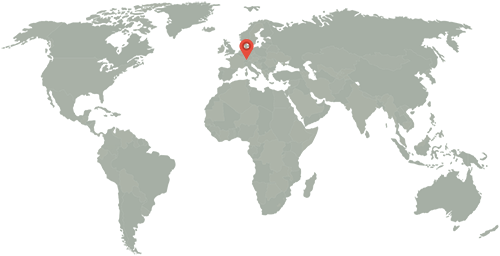
25 Responses
Georgette, this is a very complete overview of the job situation in Italy. I think you touched on all the major obstacles that impede both Italians and expats. I’m always impressed by the will of the small business owner in Italy. Running a business is tough enough, never mind the bad economy or that your own government is working against you.
As far as the expensive gym memberships, well, Italians will always find money for things that help improve their appearance whether it’s expensive shoes, fancy sunglasses, or a gym that consumes 10% of their take home pay. 🙂
Ciao Rick, I’m happy we chose this topic. I know it’s a little controversial, bit I believe it to be a good conversation. I think at the end of the day, we (new Italians and Italians born here) face the same issues when it comes to saving money, supporting a family. I agree that starting a business here is extremely difficult, not to be taken lightly.
Great and informative post Georgette. Just made me realise I’m gonna get slammed by generalising that all southerners are just getting by while many arw also well paid or have multiple govt jobs and early pensions. Totally agree about the nonni economy, hate to think how some people will survive when there ain’t anymore nonni ?
Thank you Rochelle, I really enjoyed your post too. I think that our posts will spark conversations and that actually is quite healthy, you live there, you are sharing what your family personally experiences. That is key..
Is it expensive for Italians to travel and holiday within Italy? And do they take regular holidays?
I don’t think costs for travel are higher here than anywhere else, for example we went to Calabria for relatively cheap (with low-cost flights) etc. I would say most people do take holidays, many friends I know go to the seaside where their families nay have a house or travel within europe..
Hi Georgette, you thoughtfully addressed those ever present questions with some great answers and stressing fundamental advice of being prepared before you move to Italy. I do think it is important to note that salaries in Italy are not enviable by many non Italians, and neither by many Italians. Salary expectations in any town, city or country reflect location, industry, dependants, and or goals. I guess what I am mean is that 1500 netto monthly could be considered Hell To The Lucky for some people, but I do not think you can lump that in as general viewpoint. It plays into a stereotype, much like Rickàs comment about Italians, gyms and superficiality. I get it, I live in Rome and go to the gym but its not funny.
Regarding the Nonni and subsquently Genitori economy, they are definite factors in some economic and financial actualities, but not for every Italian. Remember, there is a different hue of the Nonni economy in almost every country. In the US, some grandparents and parents pay for university education, down payments on homes or buy your high school car… but again, not everyone.
Ciao Erica, thank you so much for taking the time for reading, and commenting — I truly appreciate your viewpoint. You know when I wrote this, it was quite difficult because as you wisely point out, situations are so very personal. I certainly wouldn’t want to stereotype or lump anyone together, I think the word opinion is key here. What I tried to display was just my own personal experience, and that of my friends. For example, 1500€ actually sounds pretty good to me, because I know that the company is paying double. But then again, I don’t personally know many people who actually make even that amount, and in Florence, costs are expensive. For me, I’m trying to understand how salaries are set, and the general range as compared to other G8 countries. Regarding the nonni economy you are right, every culture (and the US) has a form of that. I’m intrigued by just how much familial help factors into an economy, and because I live here, my opinion is based mostly on what I see in everyday life. I always wonder the normality of essentially accepting the gift of a house (anywhere, not just Italy), and how much that plays into the market as a whole. Or factors like the difficulty of obtaining a mortgage without a significant down payment that might be extremely hard to save for someone who pays rent and has no help. It’s an interesting discussion and you bring up very valid points!!
Ciao Georgette! I follow your blog and your Instagram account.I think this is a very accurate and interesting post.! I totally agree with you regarding the difficult to find a decent job and especially a well paid salary in Italy right now. I’m from Tuscany,living right now with my American wife (met in Florence) in New York. We are planning to go back in a few years,so I’m always concentrate about the economic and job situation in my country. What you said is absolutely right, but I would also like to say a few more things. Almost 80% of Italians own a private house, so a lot of young people are living in the second apartment of the parents or grandparents, without paying any rent or mortgage. Italians are great savers. Even during the years of crises, a lot of people saved more money than before. Italians are also famous to find a solution for everything. ” L’ arte di arrangiarsi” helps a lot of people to find a second job “al nero” (without paying taxes) and renting the second house “al nero “. That’s why,maybe, when you go to the gym,the restaurants and the beaches, is always full of people. For me, Italy, is like the Tower of Pisa: “It’s always leaning,but it’s never going to fall”. Ciao!!
Ciao Samuele! I appreciate you taking the time to read the post and leave a comment :). I am so so happy to have an Italian perspective on this, and I was secretly hoping someone would step in! You are very right about private home ownership in Italy, that was the exact case for my ex-boyfriend, we lived for a period in the families second home in Florence ( I insisted on paying rent). Also wise observations regarding people making it work, I am not a fan to be honest of all of the ‘al nero’ economy because I worry about the future of public services/ hospitals etc and I pay all of my taxes as a freelancer working in Italy but I get that when the system is broken because take out their hard hats and figure out a way to survive…
So what’s going to happen when the parents’ and grandparents’ coffers run out? Can we hope that something will be done, anything, because otherwise the entire middle class will become poor?
Whew…it’s a heavy topic, but very important to consider.
To be honest Diana, I worry about that day. Or what will happen with pensions when much of the work force starts to pay in relatively late (*past the age of 30). Italians are famous for innovation and bouncing back so who knows, we might all have a more fruitfull future. One can only hope really..
They already are running out. I have bought more than one property from elderly couples who were selling off something that had been in their family for generations only because their adored grandchildren wanted the money. Junior gives up the family farm for a Porsche Cayenne (true story) Several years later the same young man crying to me about not being able to marry yet because he has no money to buy a home . Tells me how I paid too little, he never mentions all the money and sweat equity I put in , only that I took advantage and profited when I resold. He talks about “luck” and that is what the new owners of his family’s former farm must have since they turned the place into a viable business. More olio di gomito, than luck , I tell him. Sometimes it’s hard for me to be sympathetic .
Thankfully there are some ( usually they have left Sicily for some time for school or work) and they return and have started up some successful ventures. Very different work ethic and mentality though.
Hi Georgette, I think your observations are similar to mine although yes, I do concede a type of nonni economy (just in another form perhaps) exists in other countries too. It’s becoming very common in Australia where housing is becoming increasingly unaffordable for older family members to pitch in with a mortgage down payment for their children/grandchildren etc. Obviously, I don’t think things are all roses and light back home. But, like you, I would make it clear that working in Italy is not for everyone and that they can’t expect things to work like they do back home …
Ciao Rosemarie, I agree with that regarding nonni economy, it certainly isn’t unique at all in the world, people have been helping one another for centuries, that is for sure, and I have seen it in the states too. I think as people who write about Italy, we need to talk about all aspects of life here. Yes it is fabulous, yes we know how to make it work – -but it IS hard and salaries ARE low vs. rent/food/life if you live in Rome/Milan/Florence without a roommate.
Georgette, This is a very informative article. I was aware of these salaries from having heard of it from my Italian friends, but you really explained much more detail. Great post
Hi Georgette! How did I miss this one? You’ve pretty much summed up the situation but I’d like to agree with Erica on the point that the US has a certain amount of people also born with silver spoons in their mouths. I know this article is about Italy and not comparing it to the US, but it’s important to point out that many people in the US live on 1000-1500 a month and would never consider that as getting lucky. At least people can live on that if they really needed to and still have a somewhat dignified life compared to what that much money could afford the 99% in the US. I agree with most of your points, but I think it’s useful to keep in mind huge income disparity gap in the US. I say that as someone who has worked in both countries, as well as the UK (albeit for just half a year in the UK!) Baci!
Maybe you can help me. I am writing a memoir based on seventy letters I wrote about my life in Florence when I lived there in 1960. I am trying to find a photo or a name for the public baths I used to go to once a week, on Saturday, for my ablutions. The bagni want a photo of was located in Via Dei Serragli about a block or so south of the Ponte alla Carraia. I would love a photo of this to put in my book.
That sounds absolutely fabulous, great work. Was it off of Via Sant’Agostino by chance? I don’t know of one on via serragli. I can send you a photo if you you’d like 🙂
Ciao, the blog posts are informative. Your article is useful like me (im new to Firenze). Thanks
Georgette,
I realize that this entry regarding jobs was originally written in 2015. So it reflects conditions and trends prevalent in the early part of that decade, However, many things are different now and present a new host of difficulties for working in Italy — especially for people outside the EU. This subject is a good candidate for an update.
In order to work legally in Italy, one must secure a Work Visa. Work Visas are issued by the Italian Consulate that serves the person’s home country address. Its necessary to secure one before moving to Italy. Otherwise, one is limited to being in Italy no more than 90 days (as a tourist).
A lot of Americans, and perhaps Brits, recall the era, a decade ago, when Italy issued hundreds of thousands of Work Visas each year. Many in Italy now received one of those. But that situation is long gone. Currently, according to ISTAT, Italy issues only 31,000 Work Visas each year to non-EU applicants. That is a mere 10% of the number of ten years ago.
And, it gets worse. All but a few thousand of those 31,000 are reserved for seasonal agricultural workers from a short list of countries, which includes neither the U.S. nor the U.K. The few thousand that remain are issued to people with specialized skills in technology, medicine, the arts, and academia — for which there is both a documented shortage and a specific invitation. There are virtually none available to non-EU residents for other types of work. Even for those few thousand available Work Visas,, people from all 160 non-EU countries compete for them. So its easy to do the math to determine the chances of getting Work Visa for people outside the EU. (Of course, people with dual citizenship need no such visas, but citizenship is another entire lengthy and complicate process taking years)
Accordingly, for most people from the U.S. and U.K., the prospects of receiving a Work Visa are extraordinarily small.. Not impossible but highly unlikely. And unless one has a Work Visa, all other considerations regarding positions, pay, promotions, etc.are moot.
Hello mark, I am actually considering writing a 2021 version of this post to reflect the reality of the situation today. I would like to find someone who works directly in immigration(employment) etc to get some true facts regarding the actual possibilities of work contracts/visas etc. I really do appreciate your honest and candid comment, I am sure it will help people reading this post!
Hi. Interesting read. I live in Rome and I am Italian. I appreciate your comments because they are true for the vast majority of Italians. At least for those who are in their 20’s or thirties. I am 40 years old and earn after tax around 2000 euros. This is not coming only from my salary but from money I get by renting a small flat. 2000 is well above my age group. I own property so I don’t pay for rent nor mortgage, I am not married, don’t have children and I don’t own a car. I would certainly be classed as “priviliged” financially speaking. This is quite funny as in most European countries, my salary would be viewed as average. During this pandemic, a lot of Italians have saved money(the ones that managed to keep their job). I read that the average Italian bank account has been rising and has reached 18,000 per person. Again, that doesn’t seem much, but it appears to be one of the best average bank accounts in the world! Going back to salaries, I would say that most salaries in Italy go from 800 to 2000(including bonuses) after taxes. Doctors, some lawyers, some engineers make more.
I appreciate your perspective Marco.